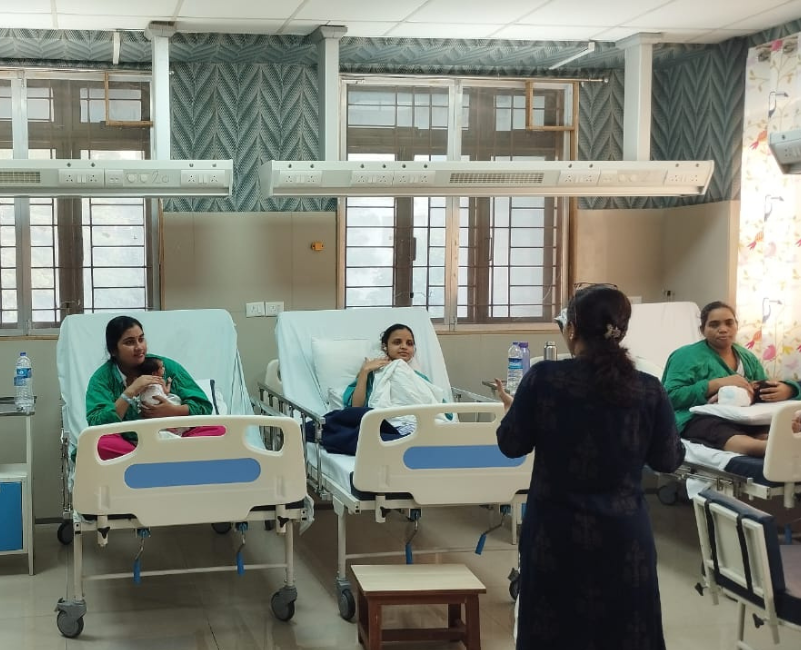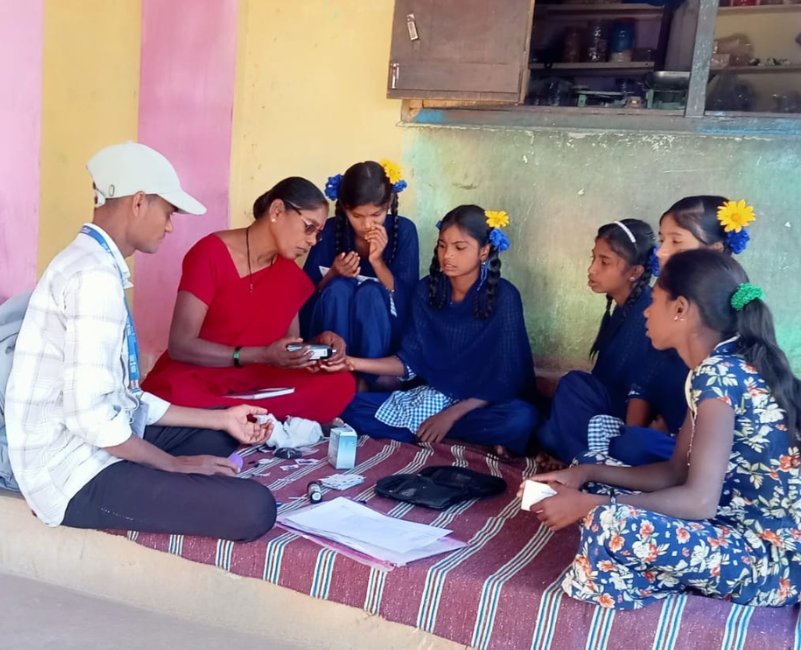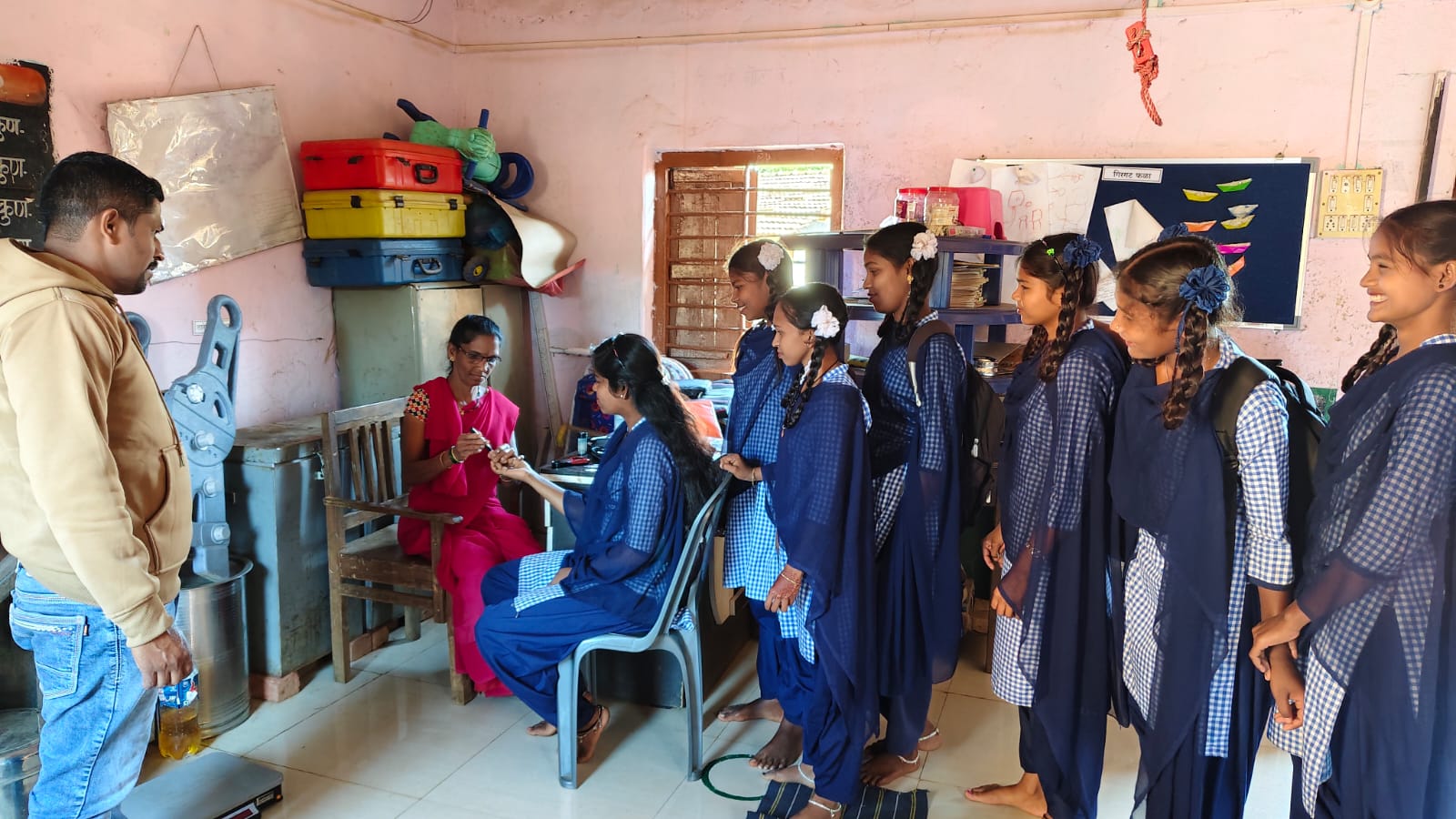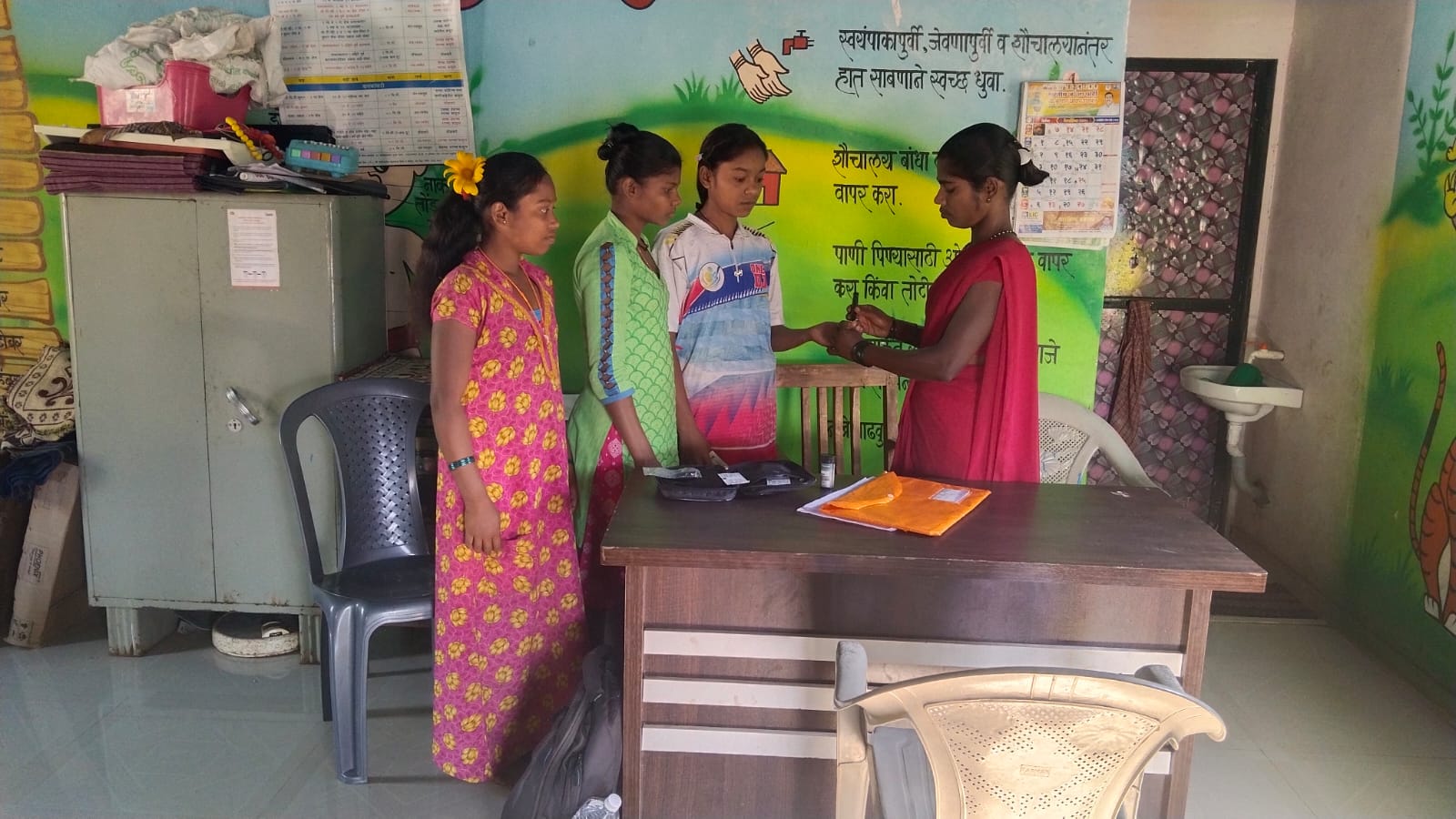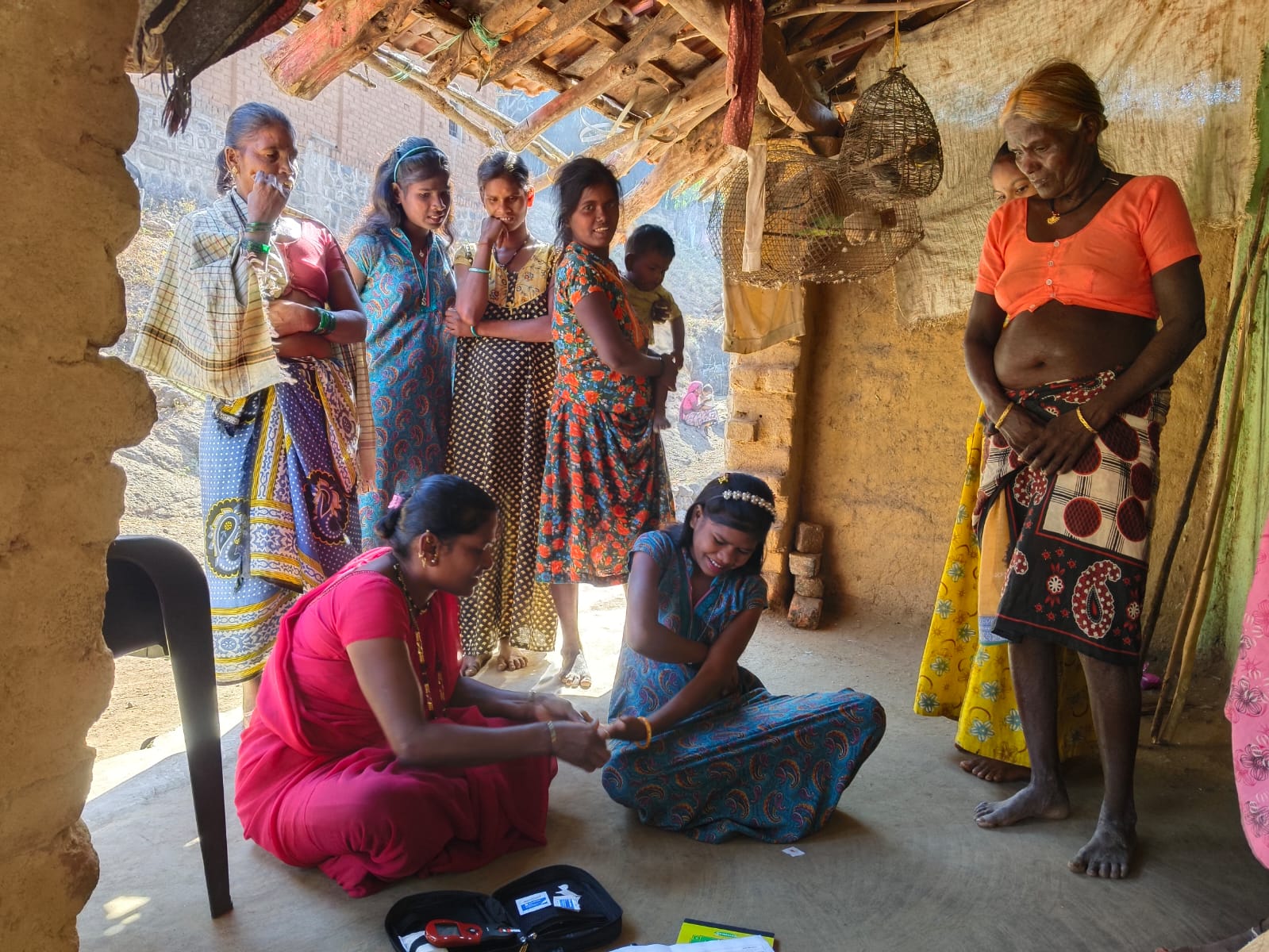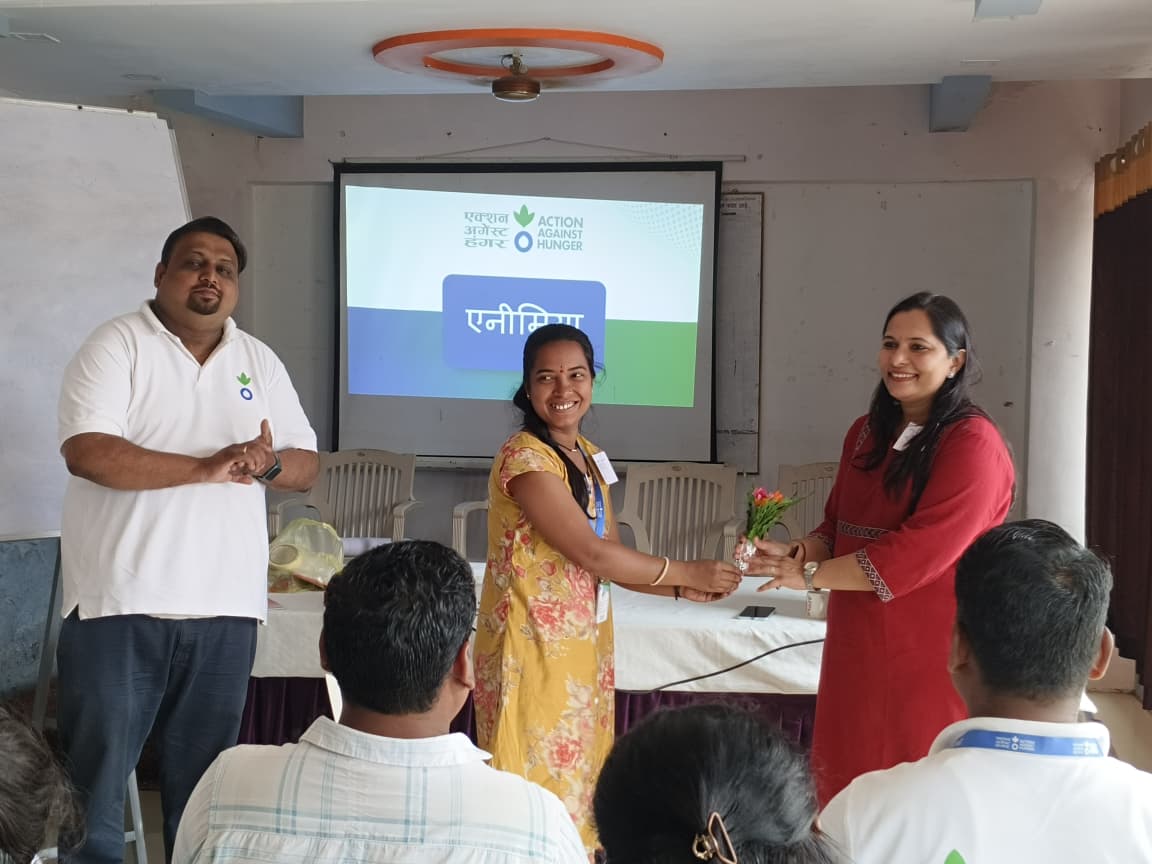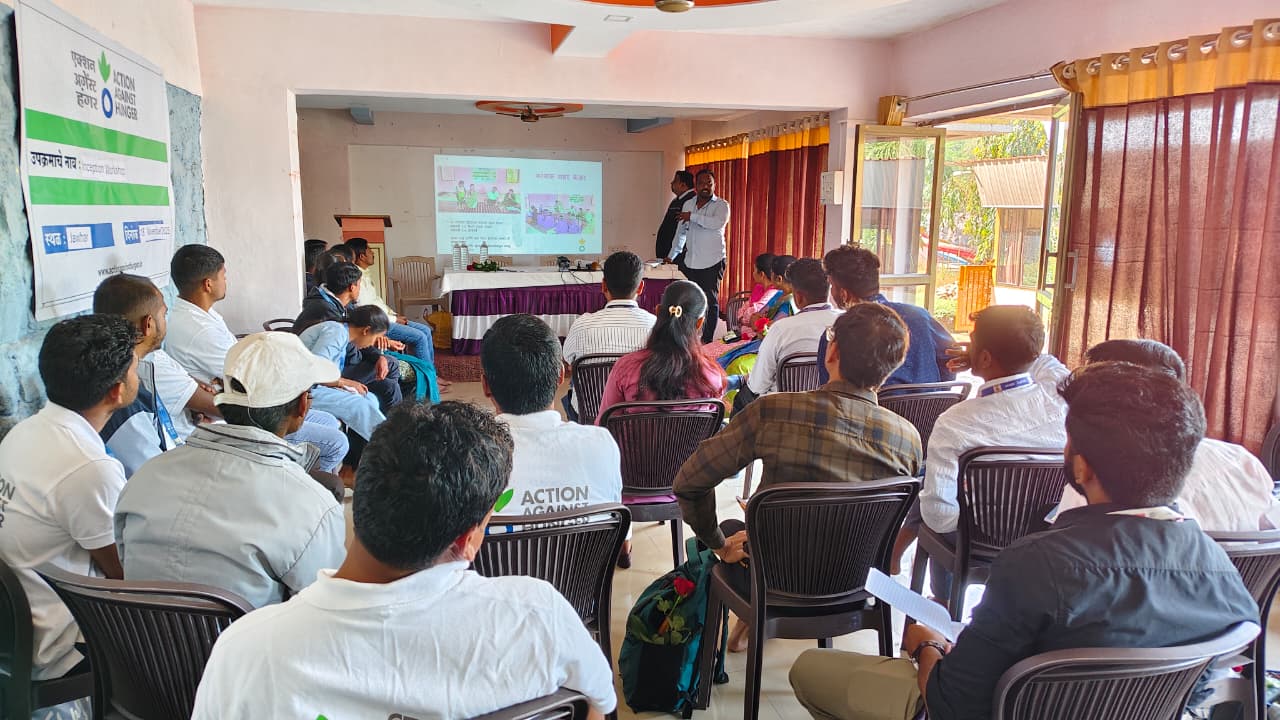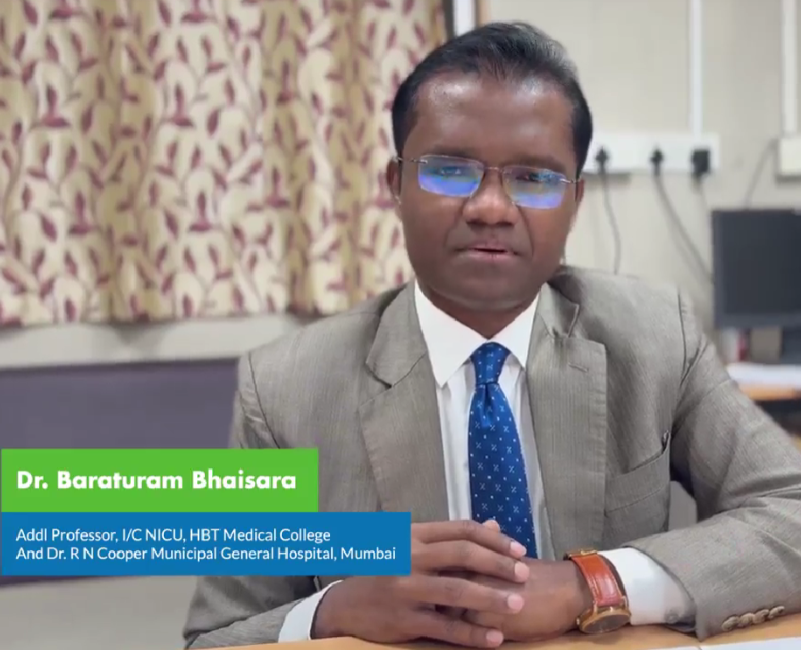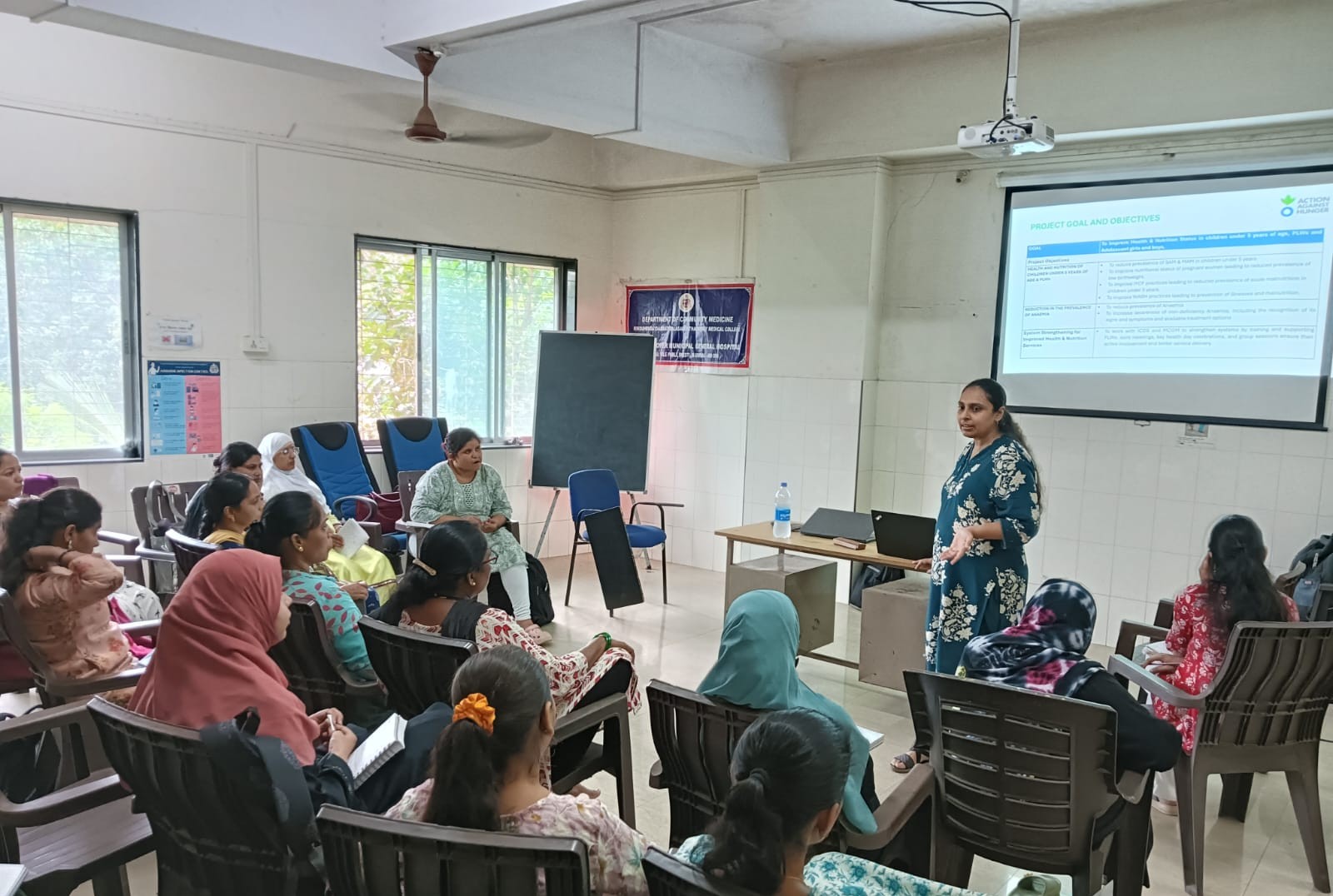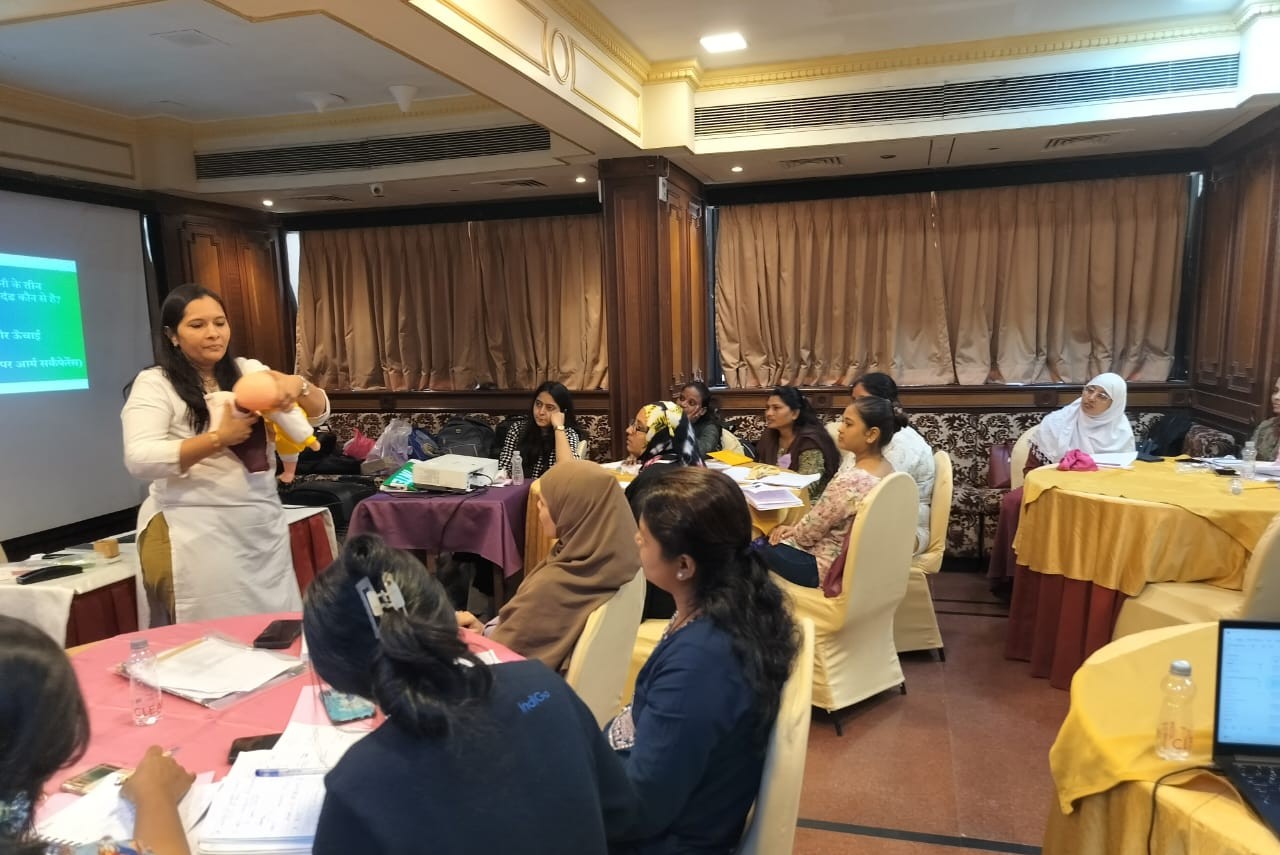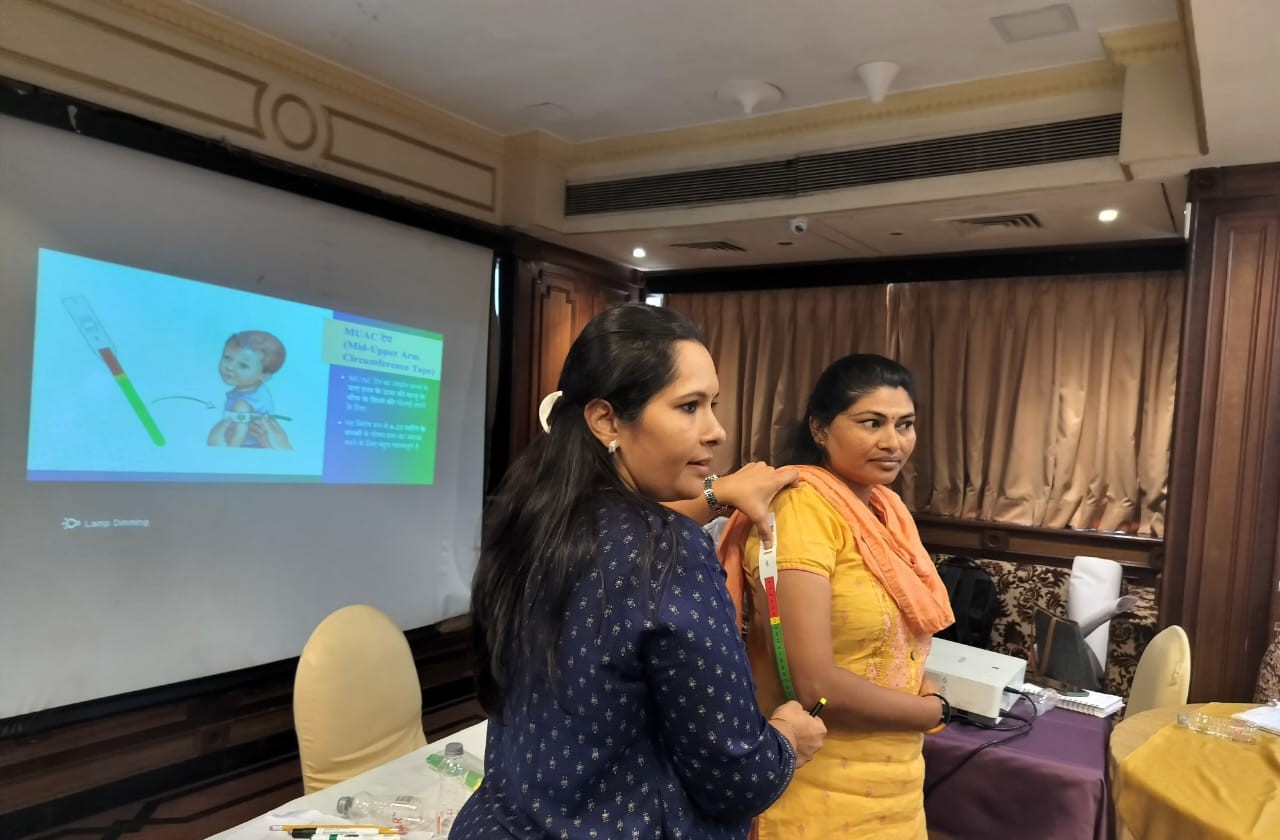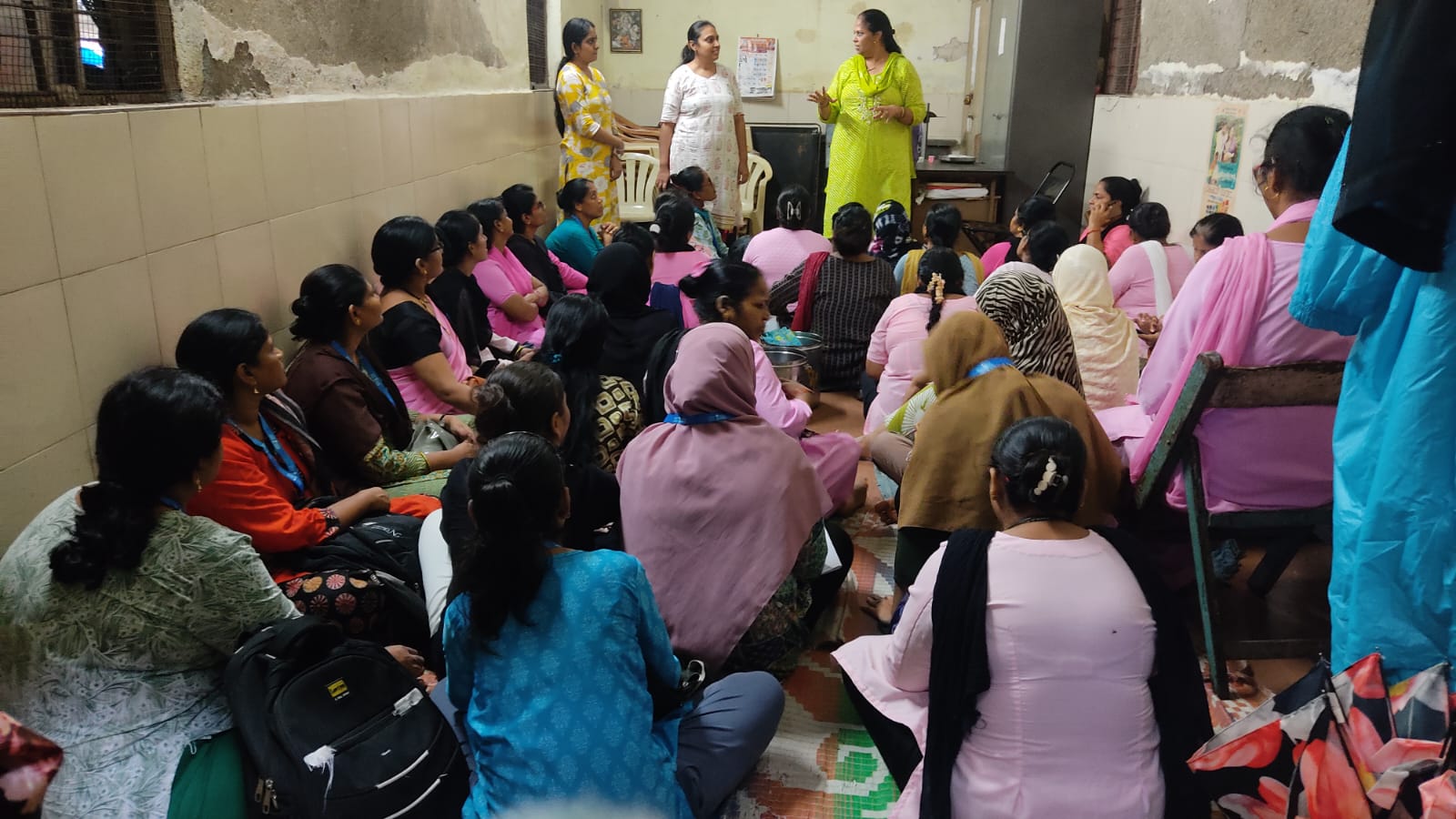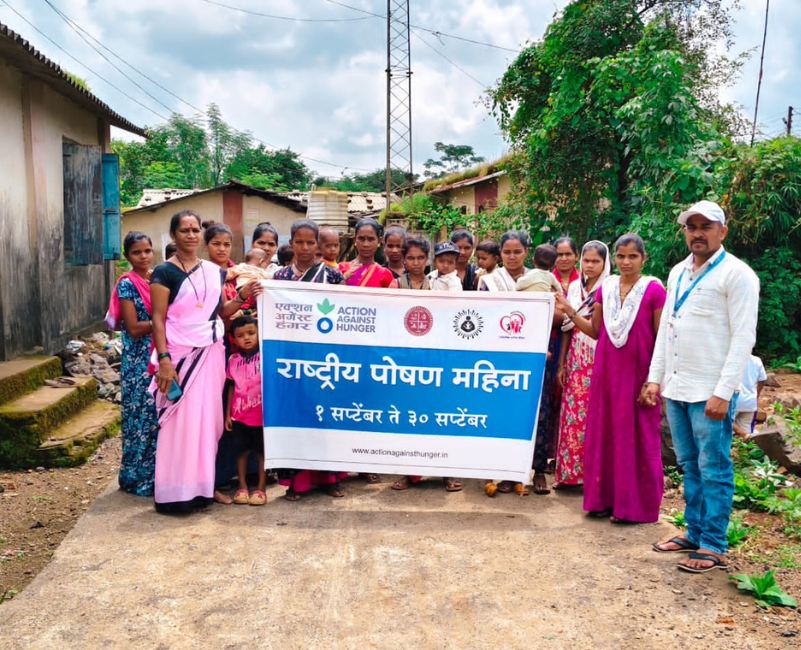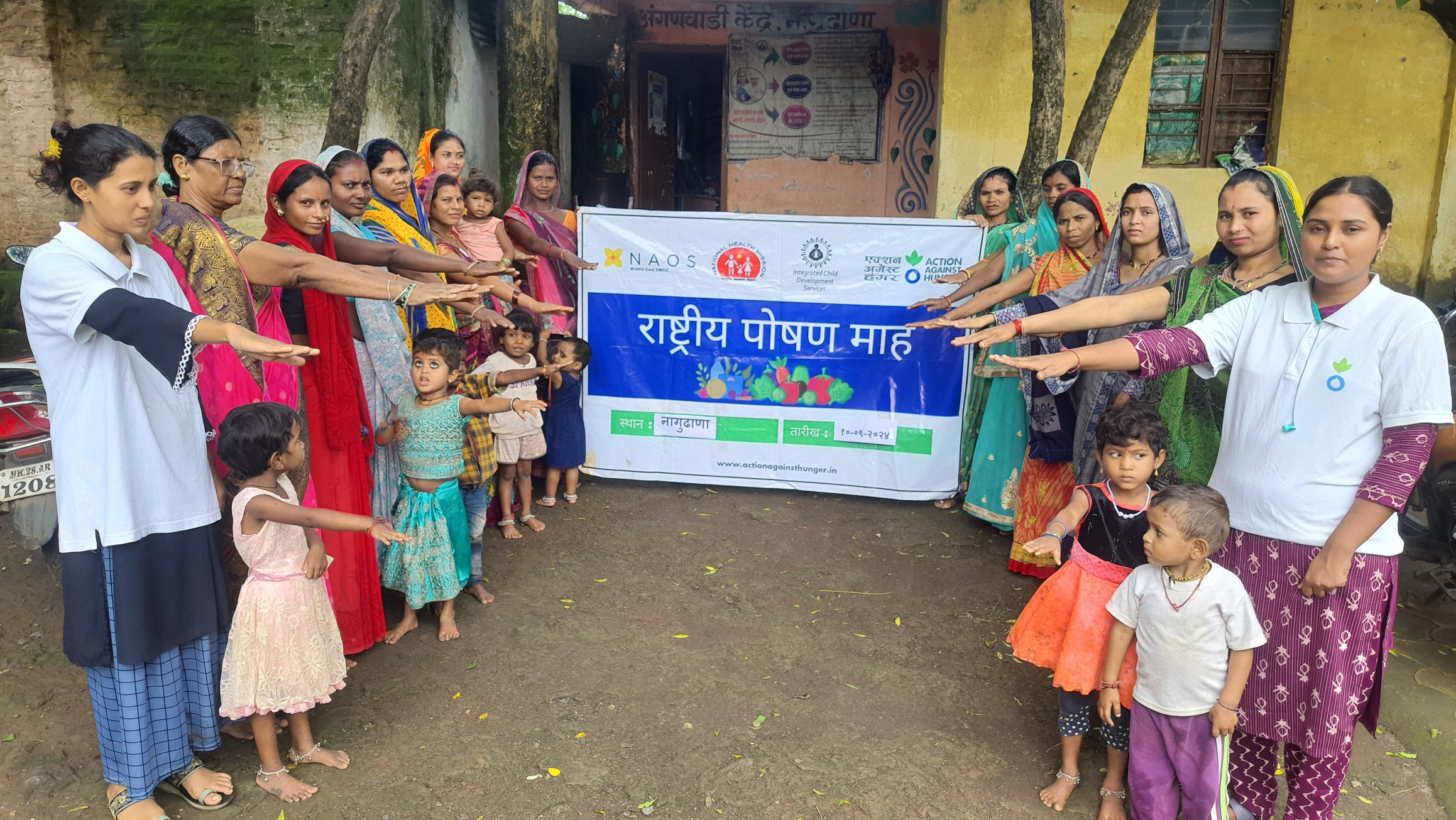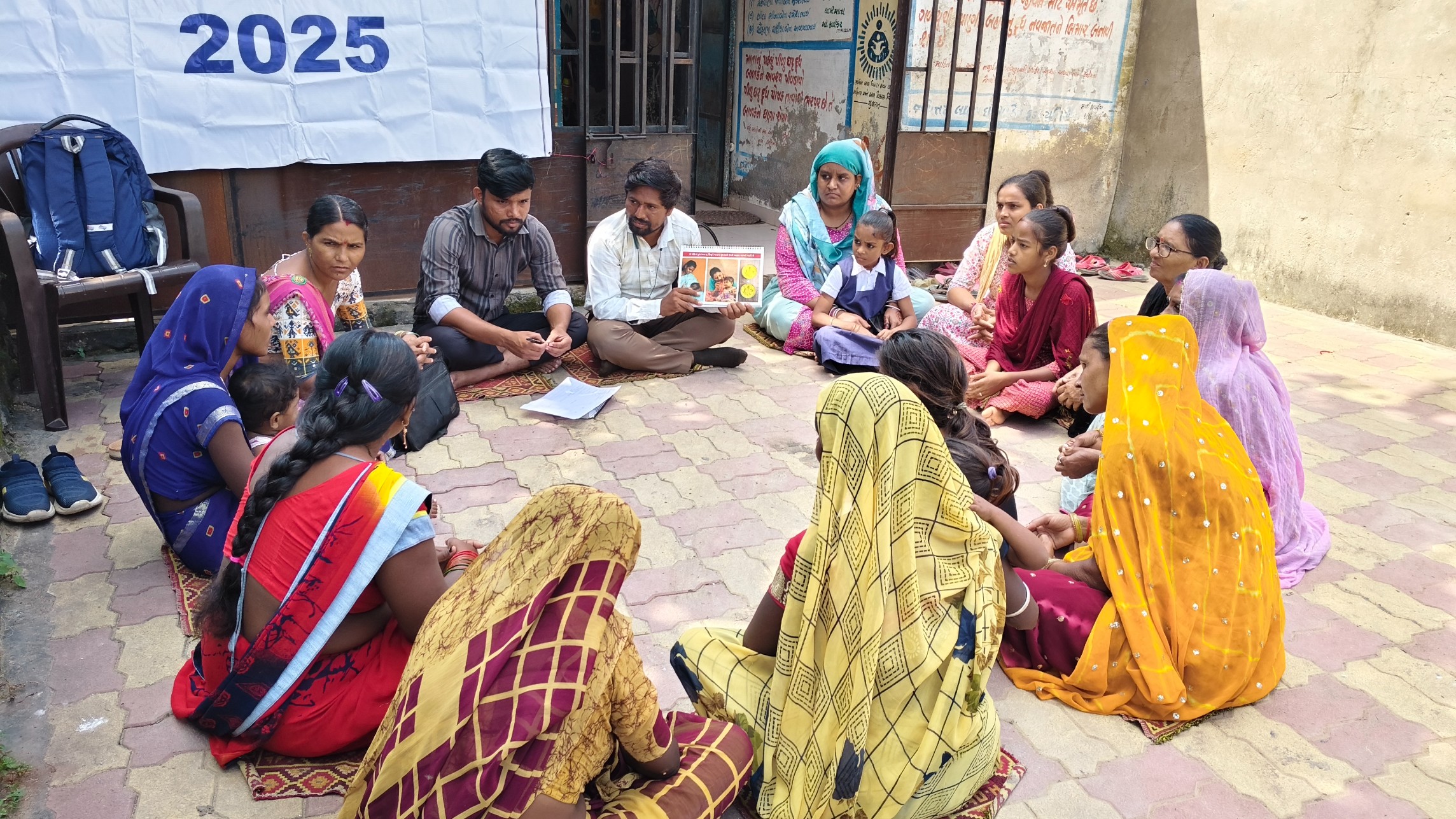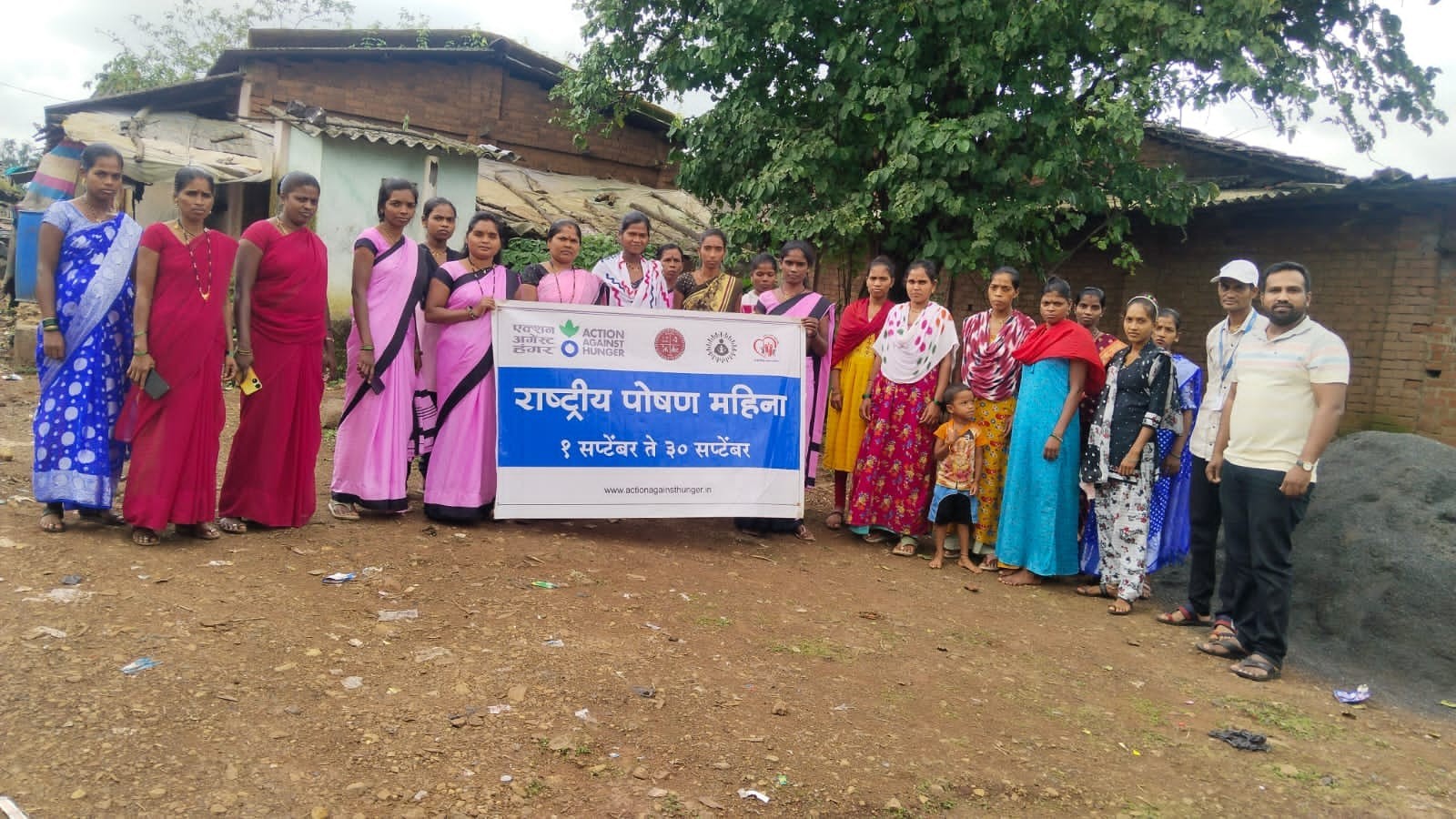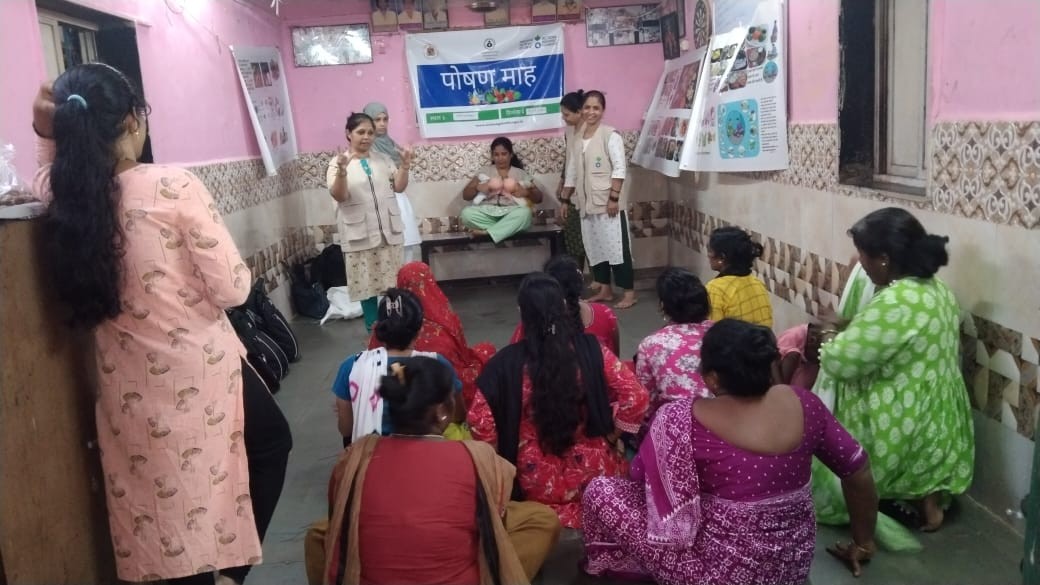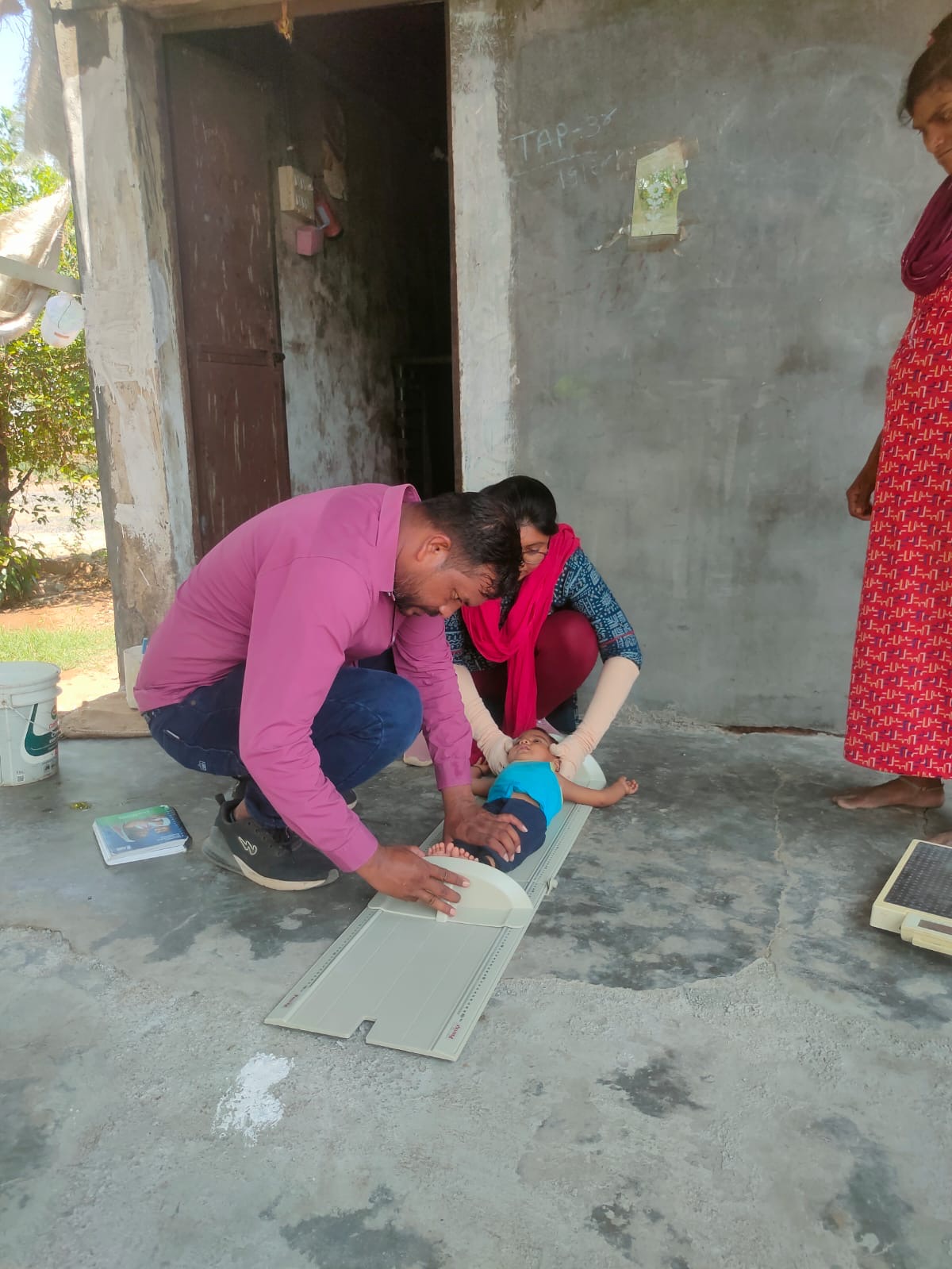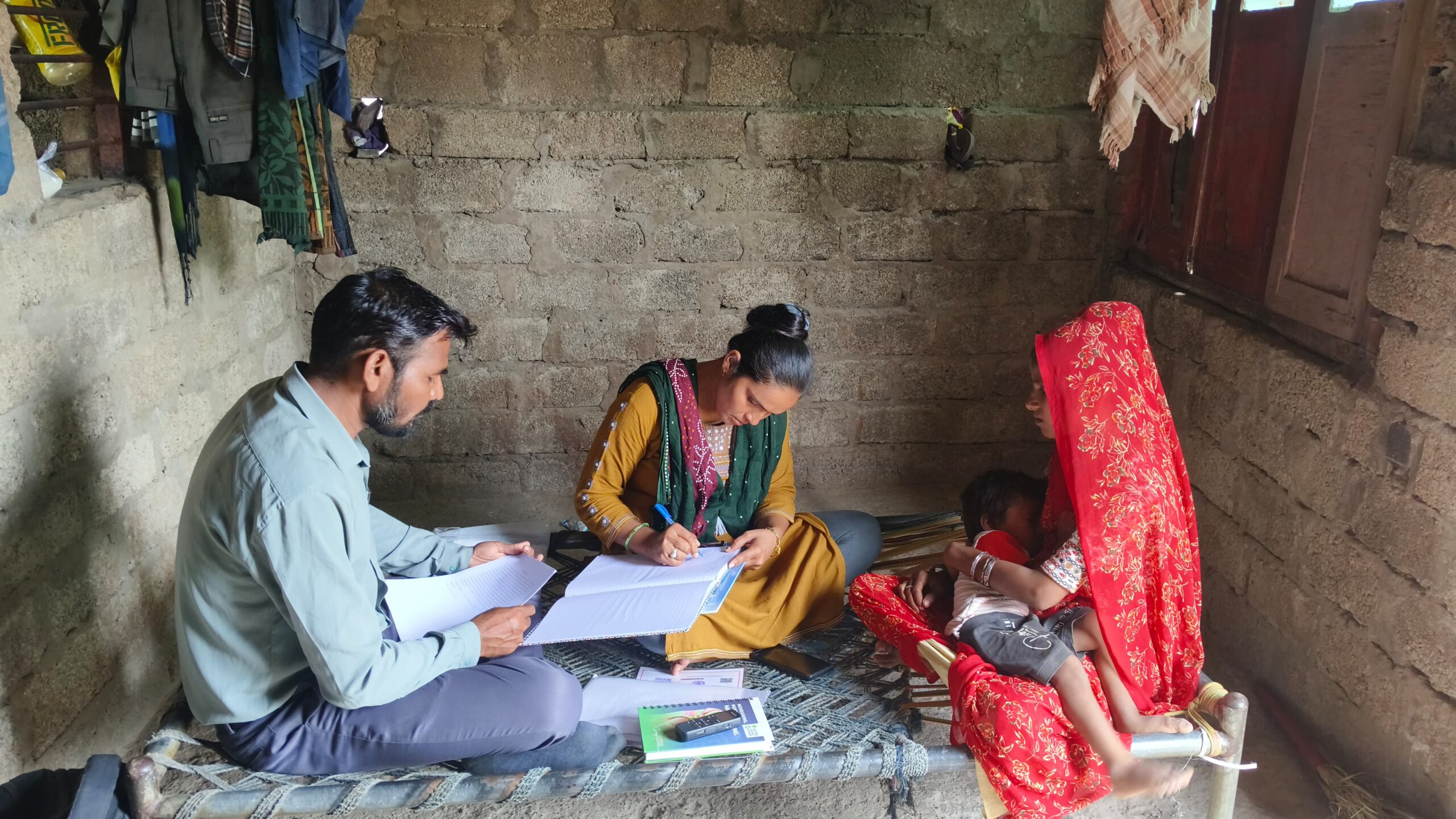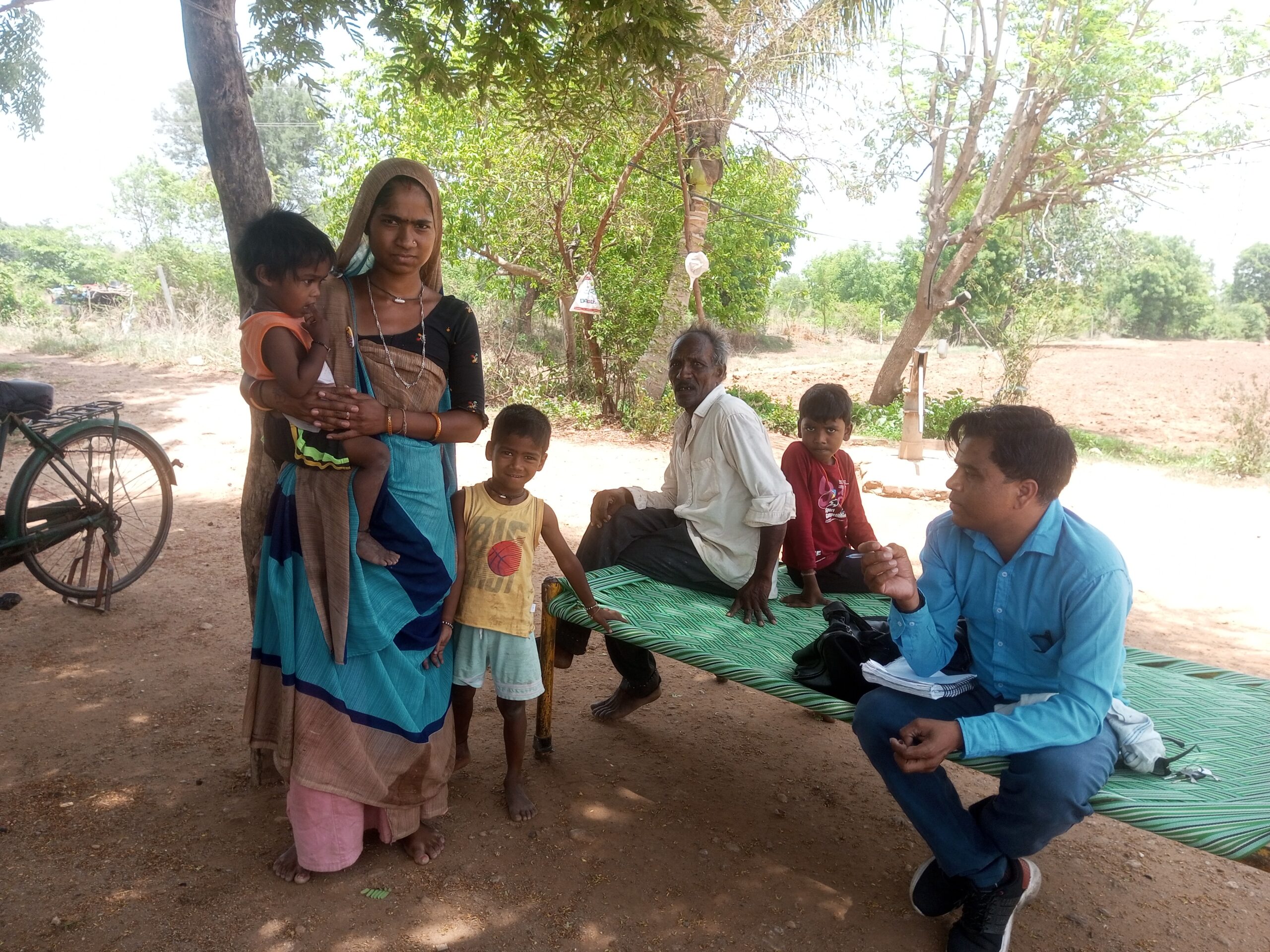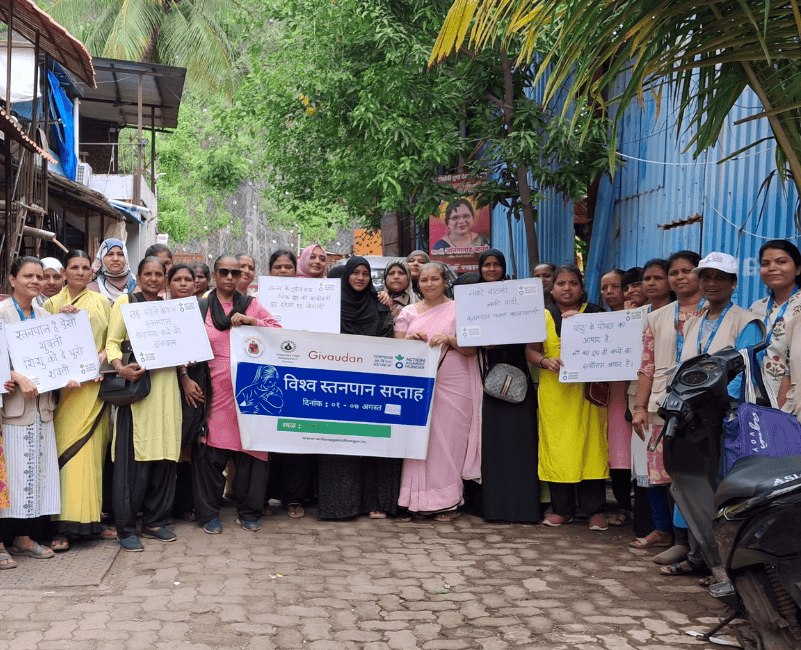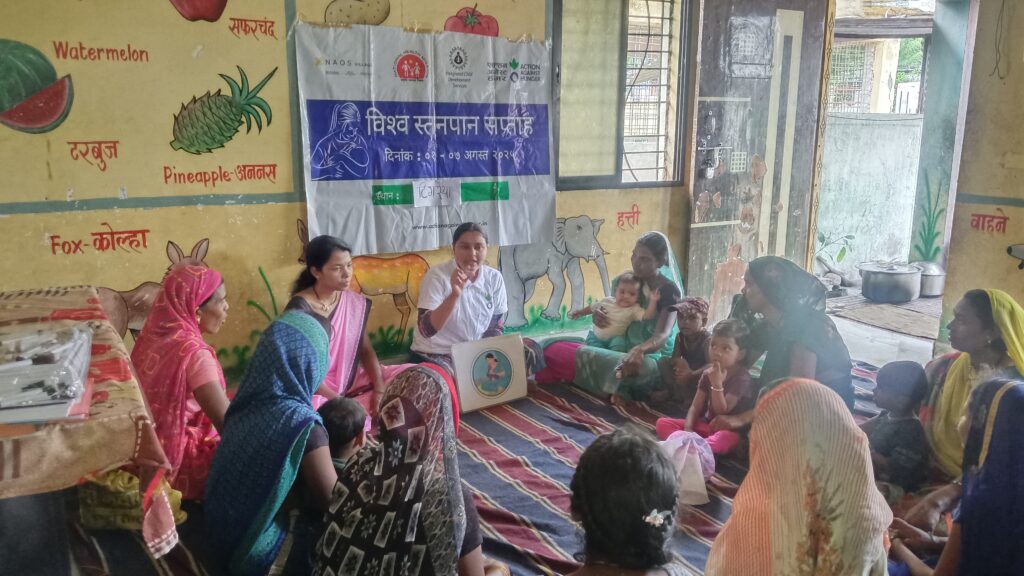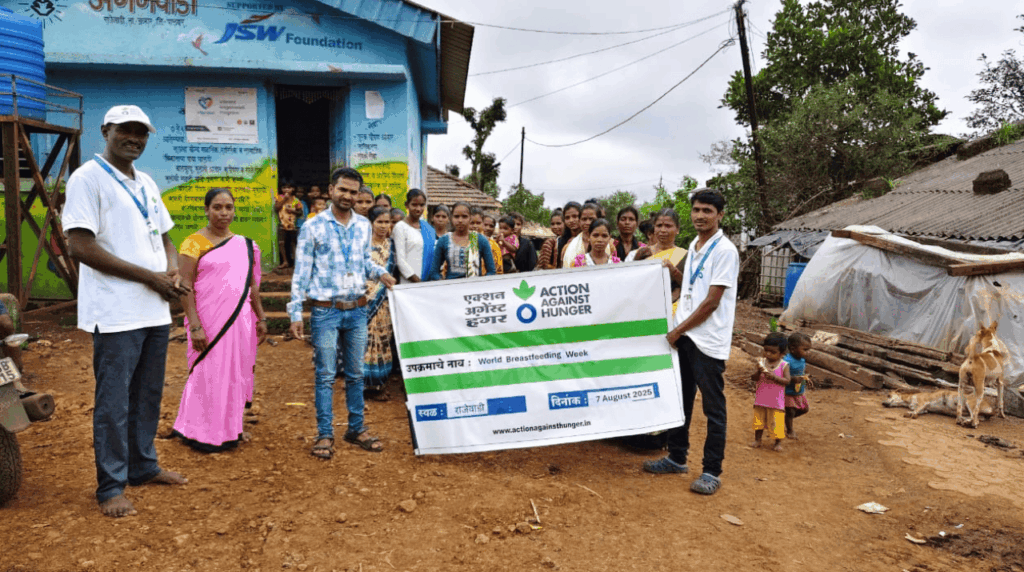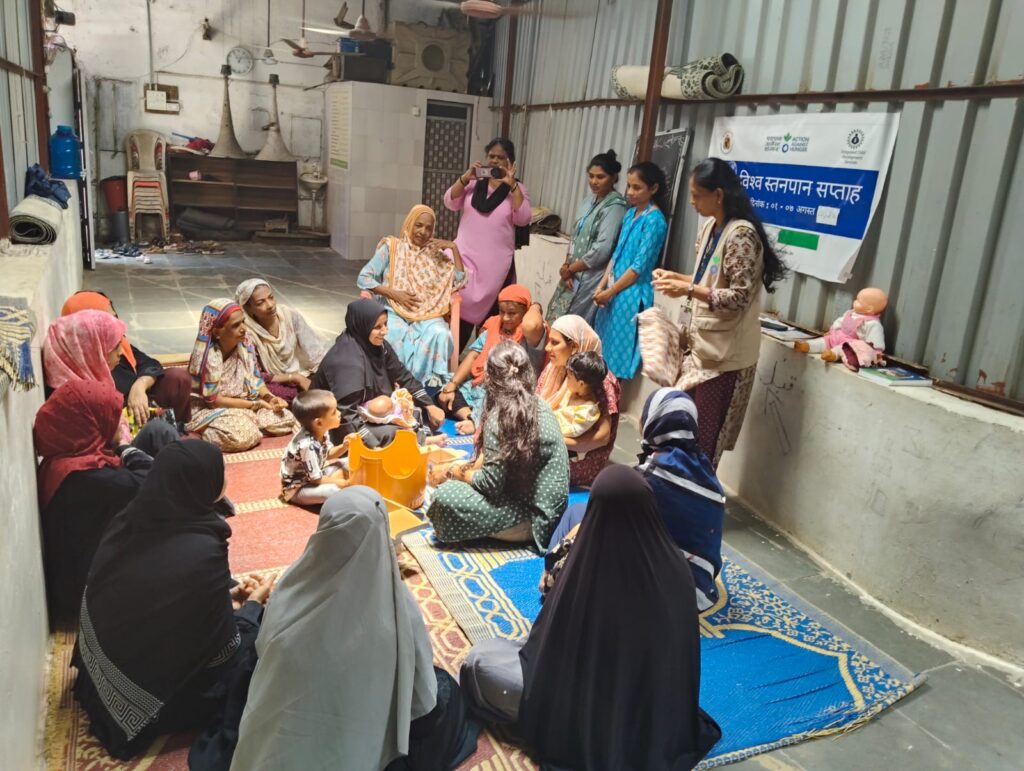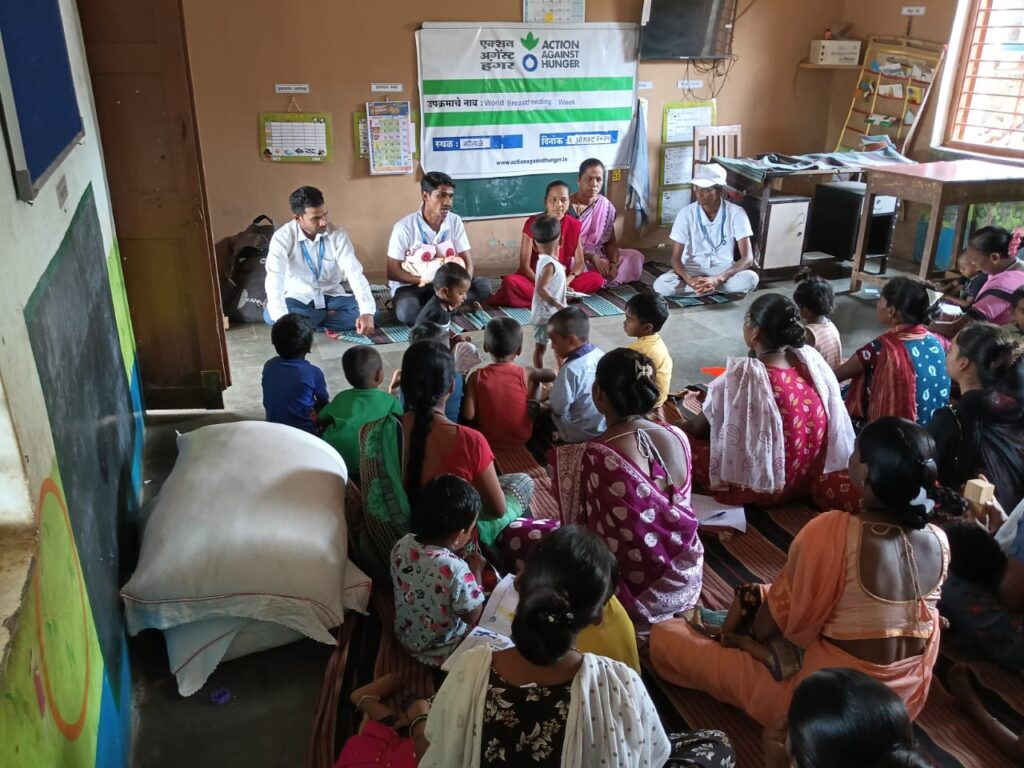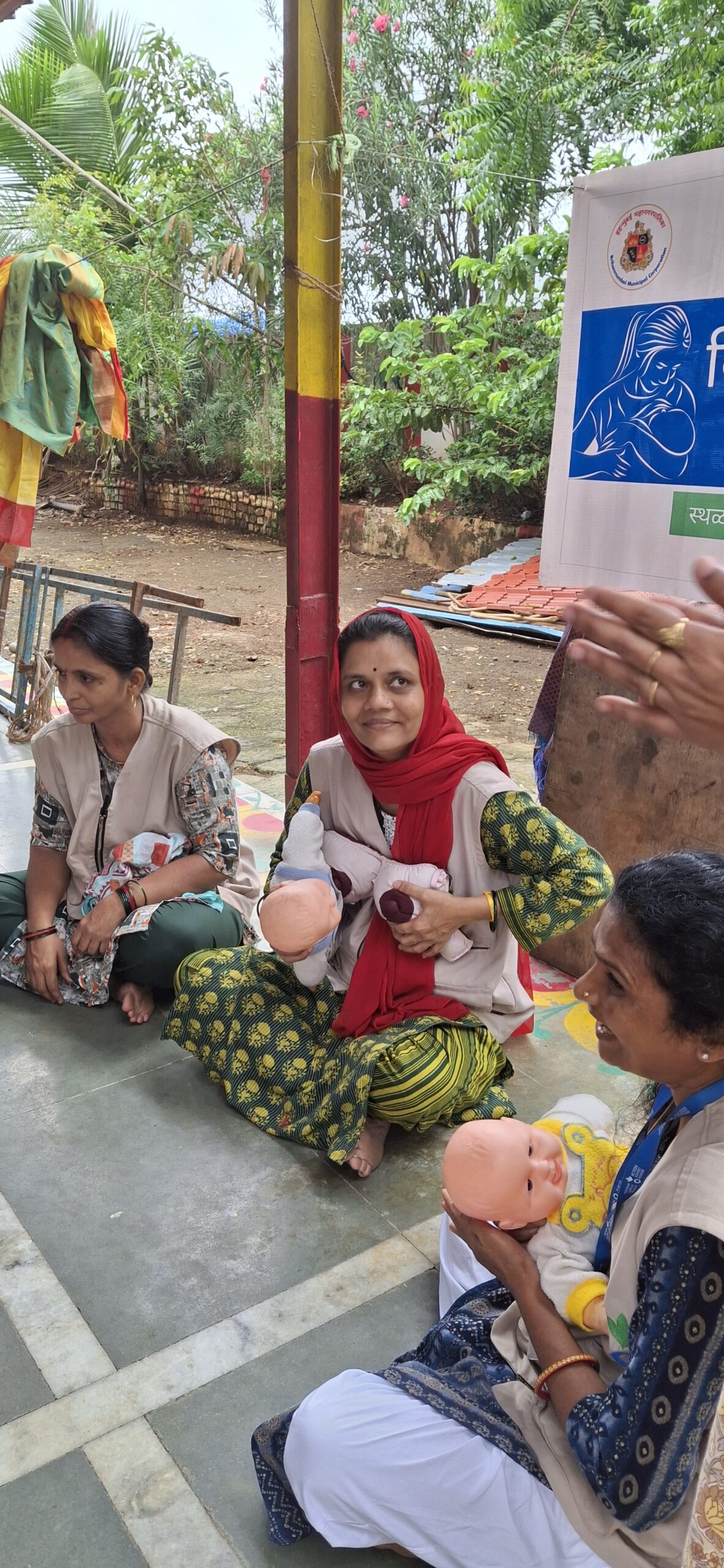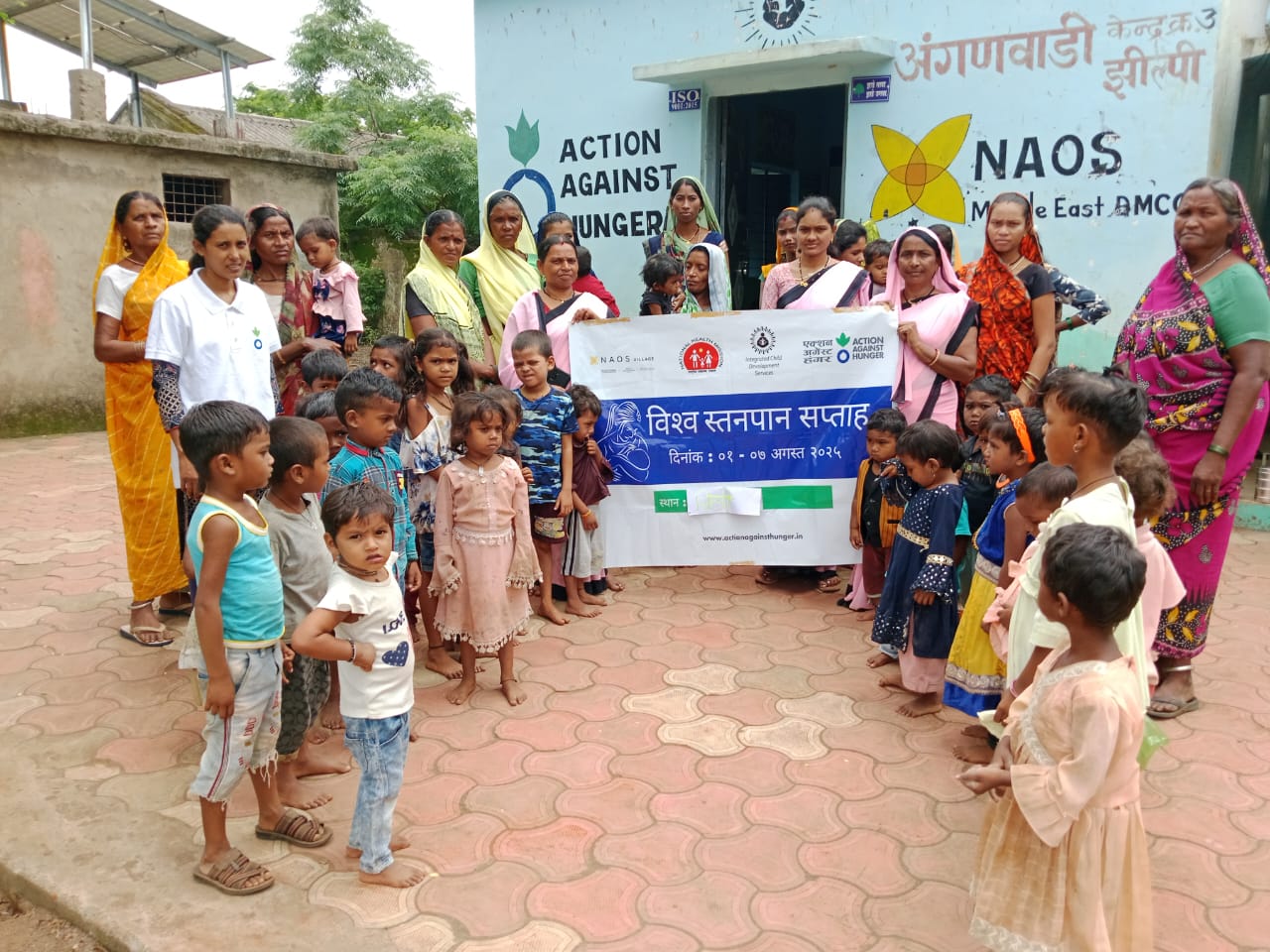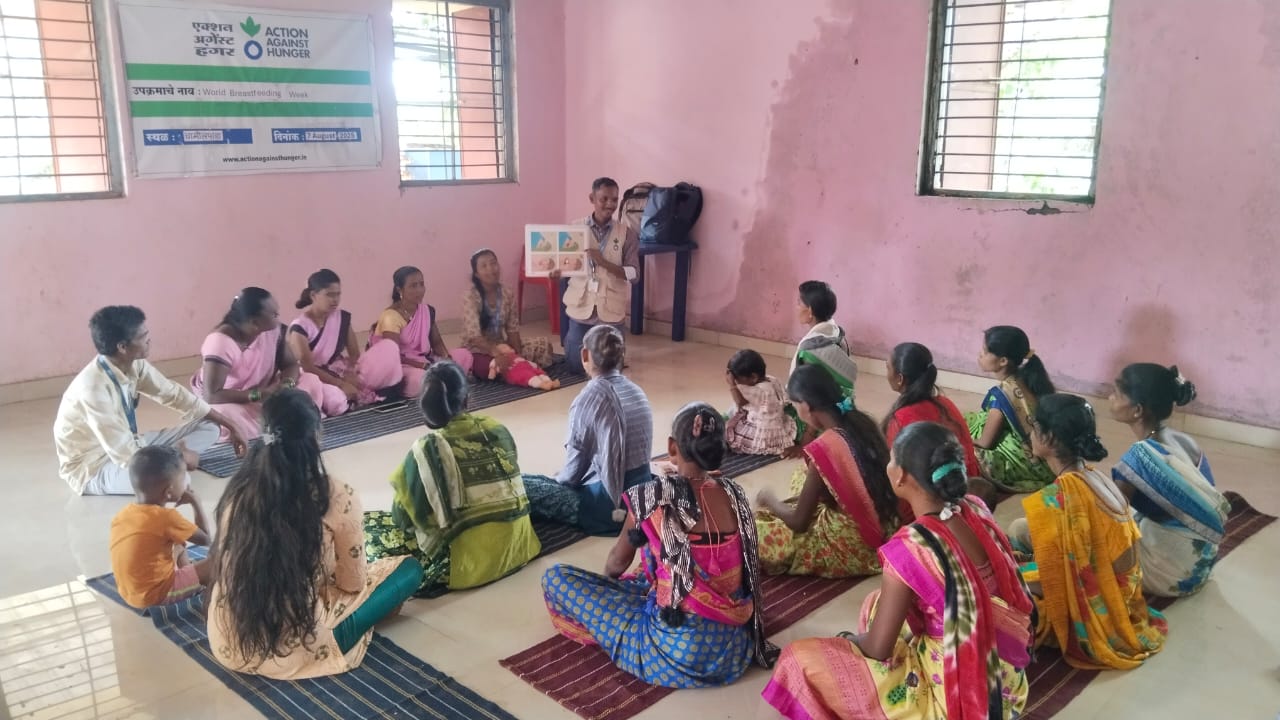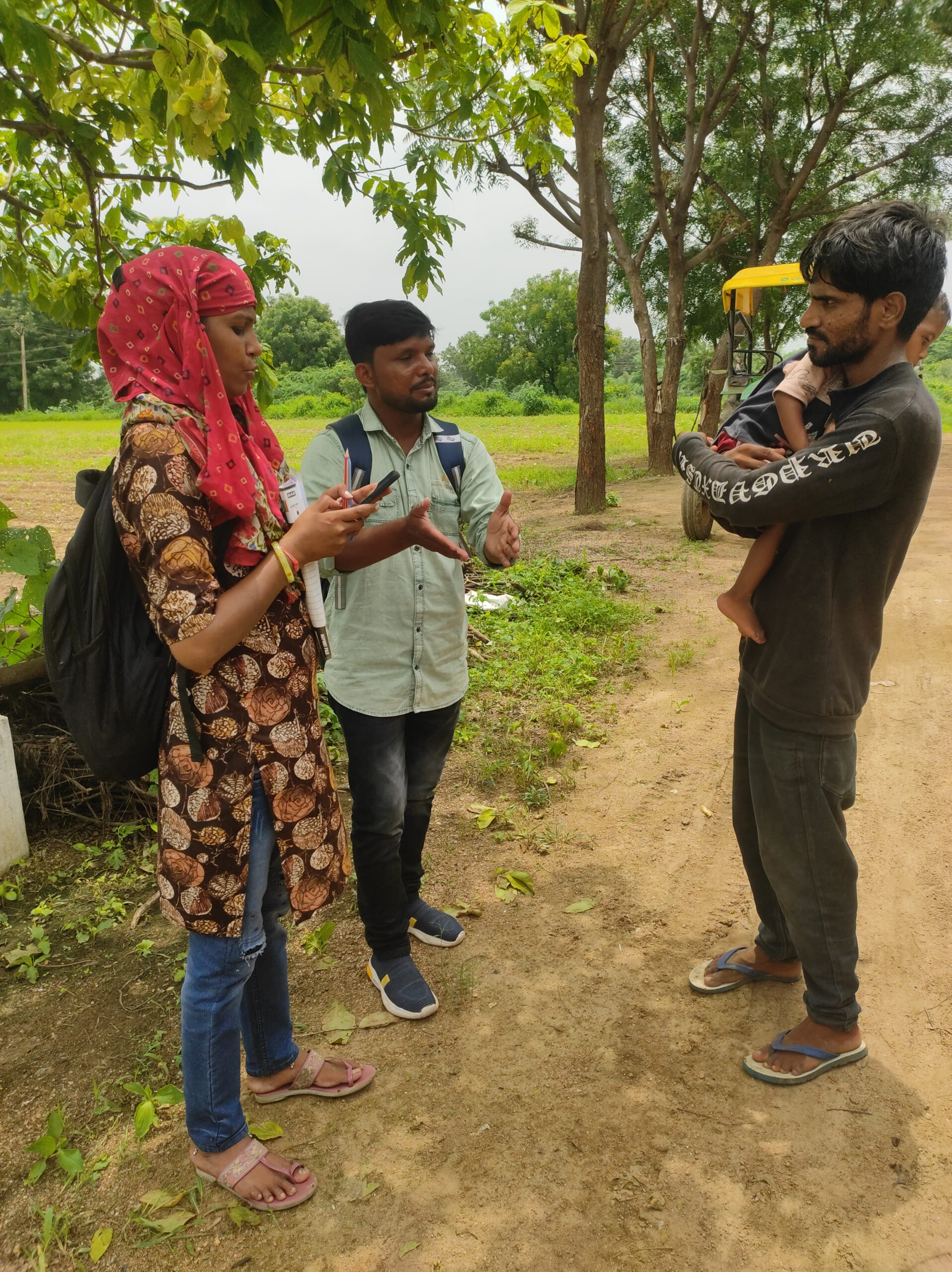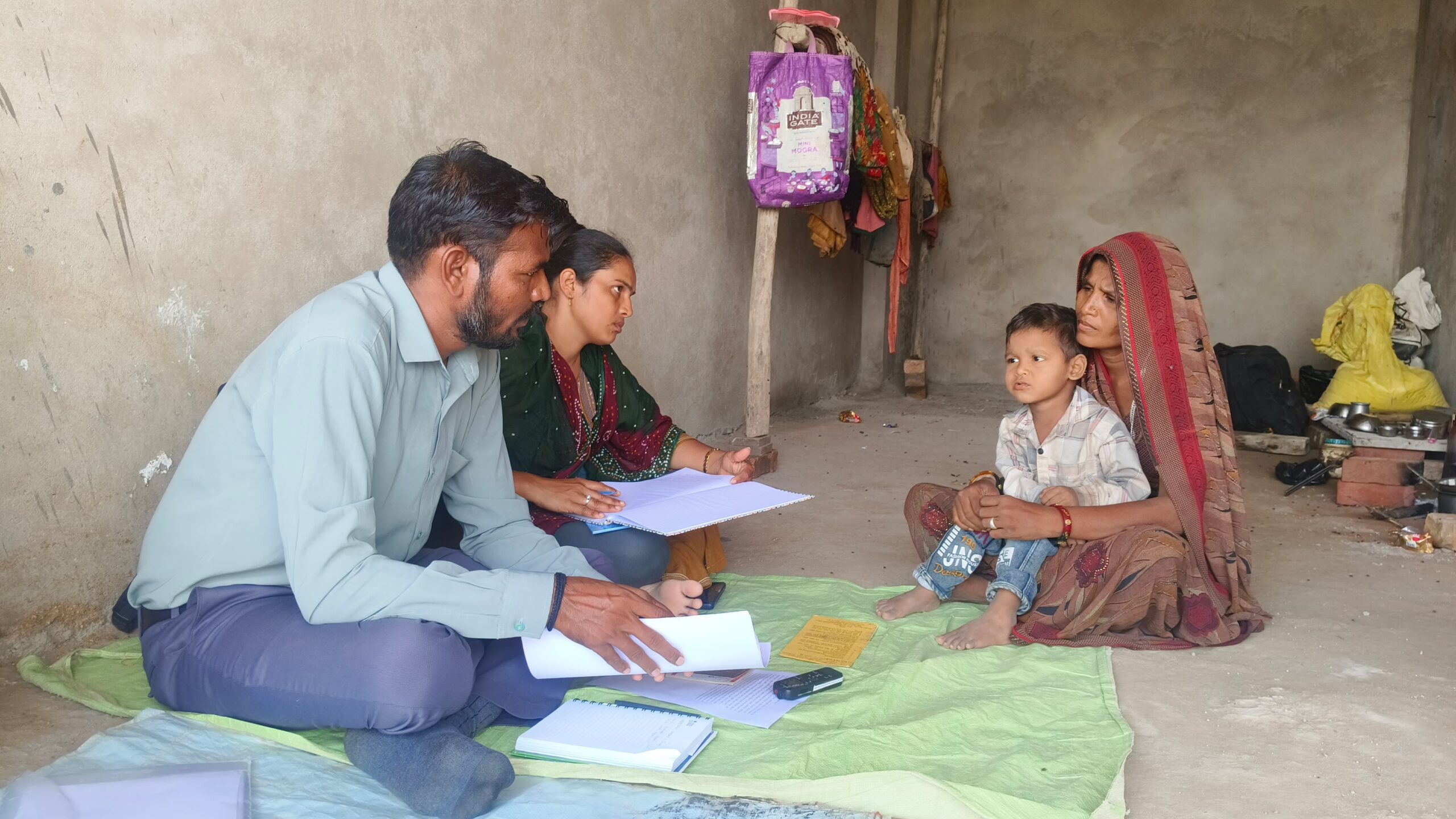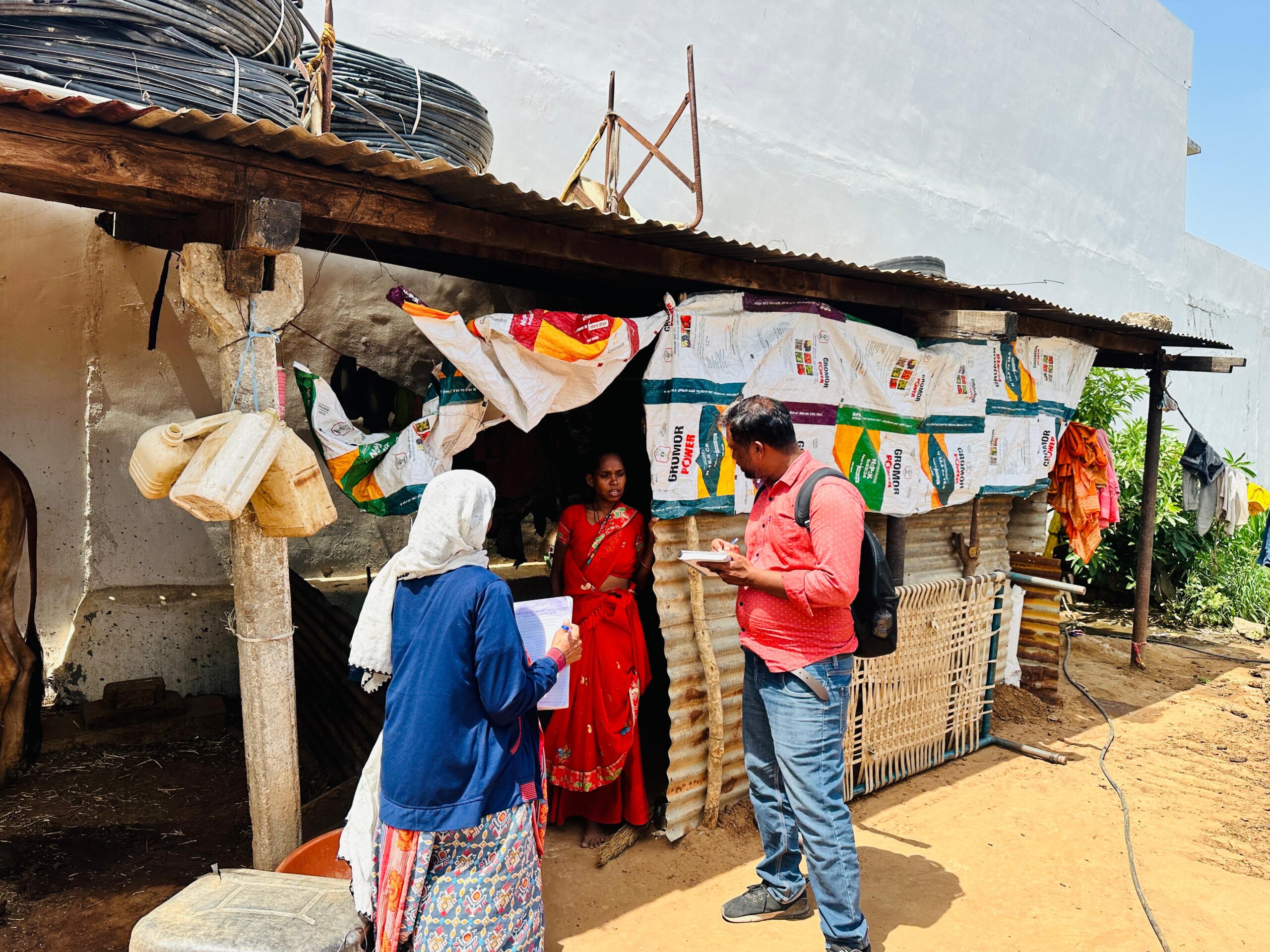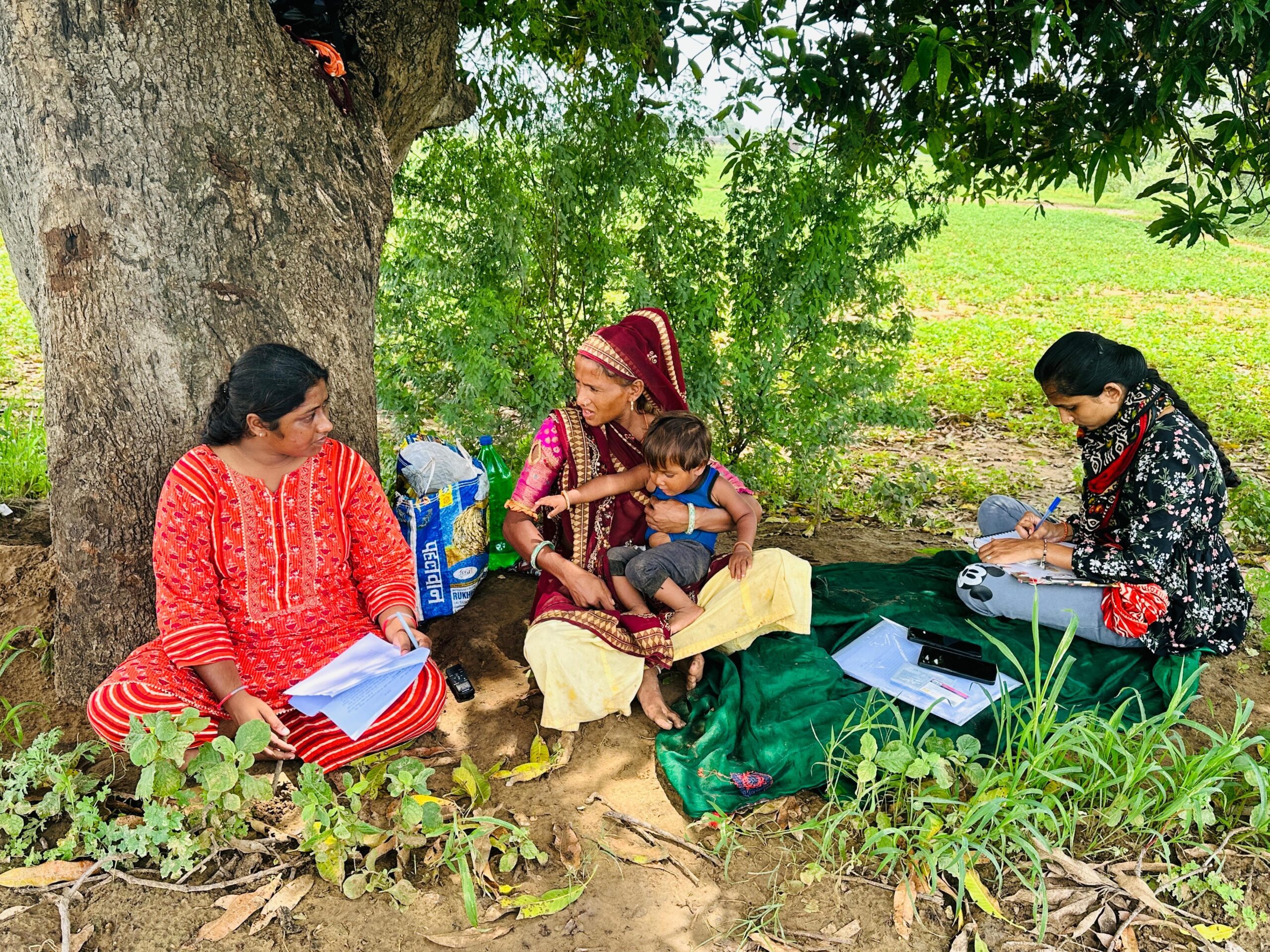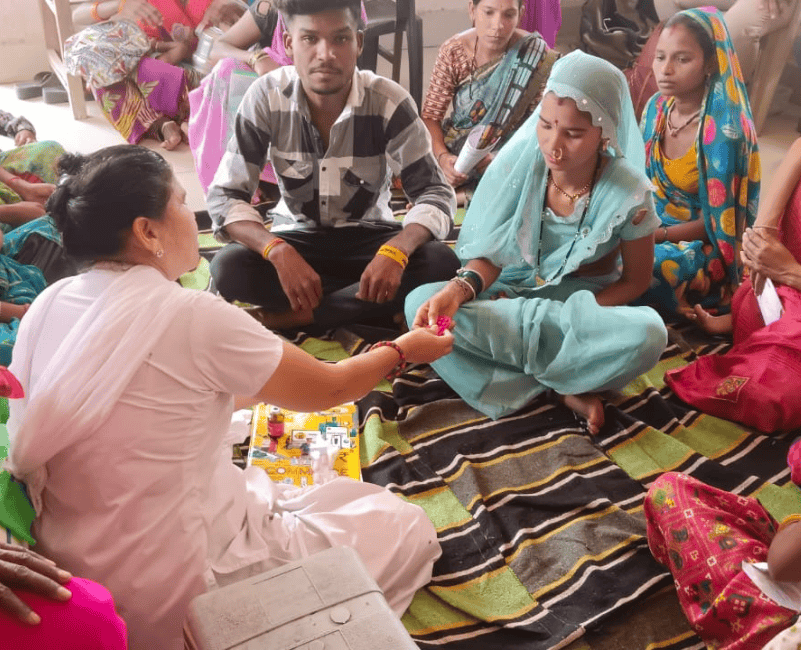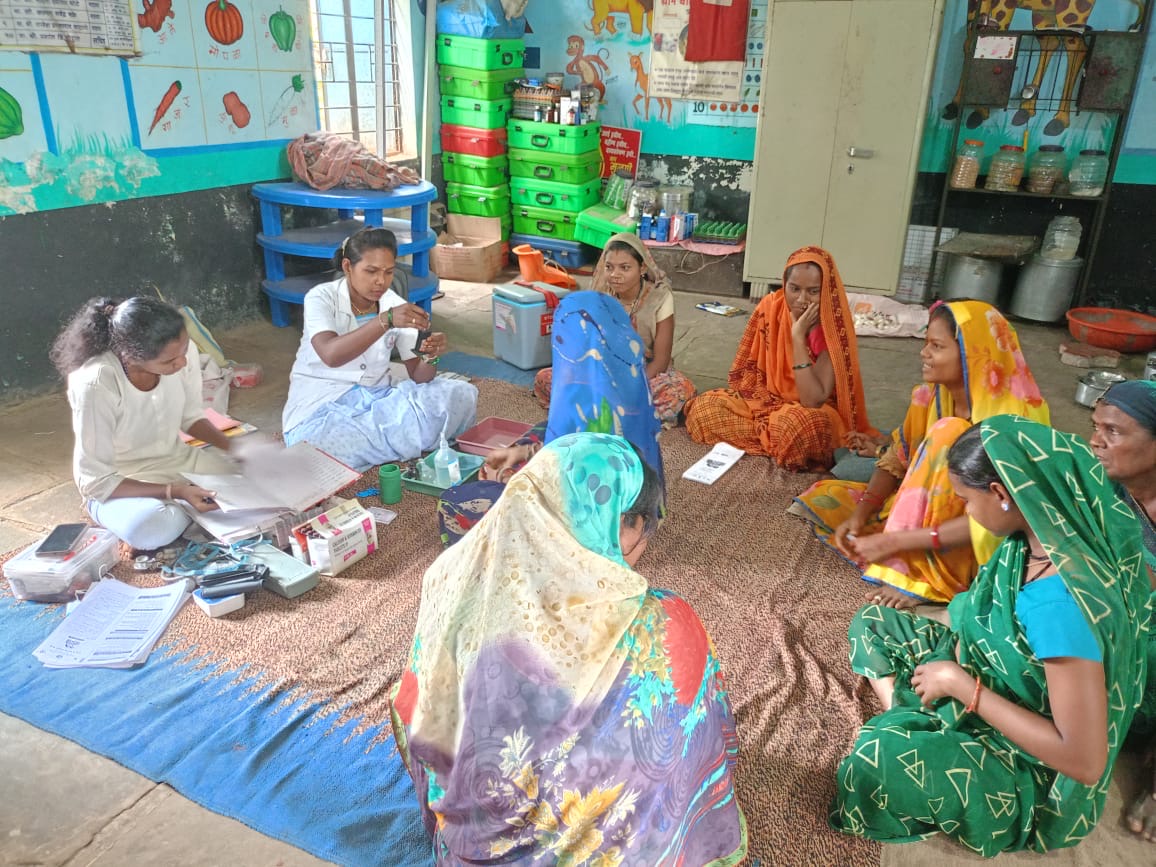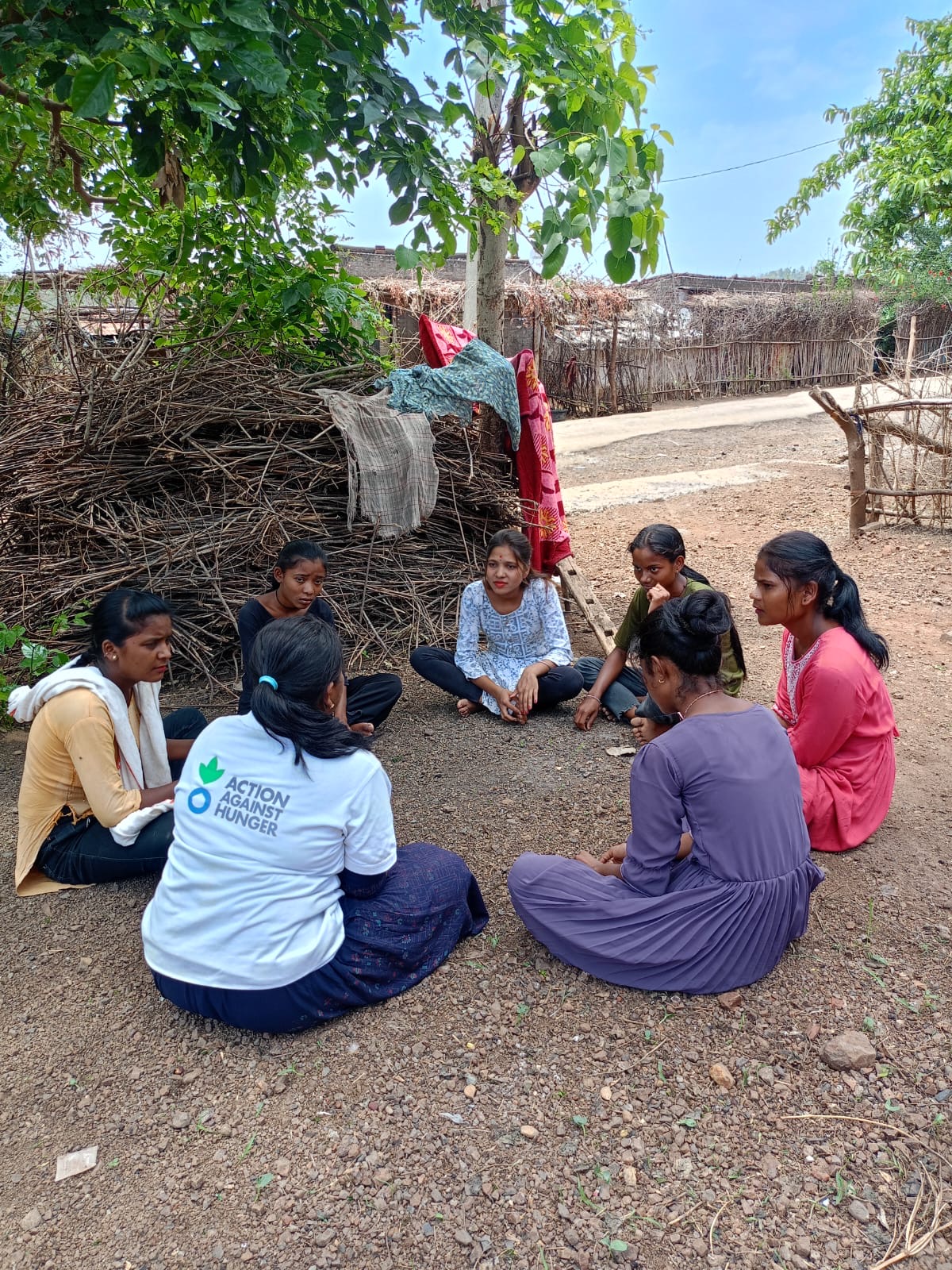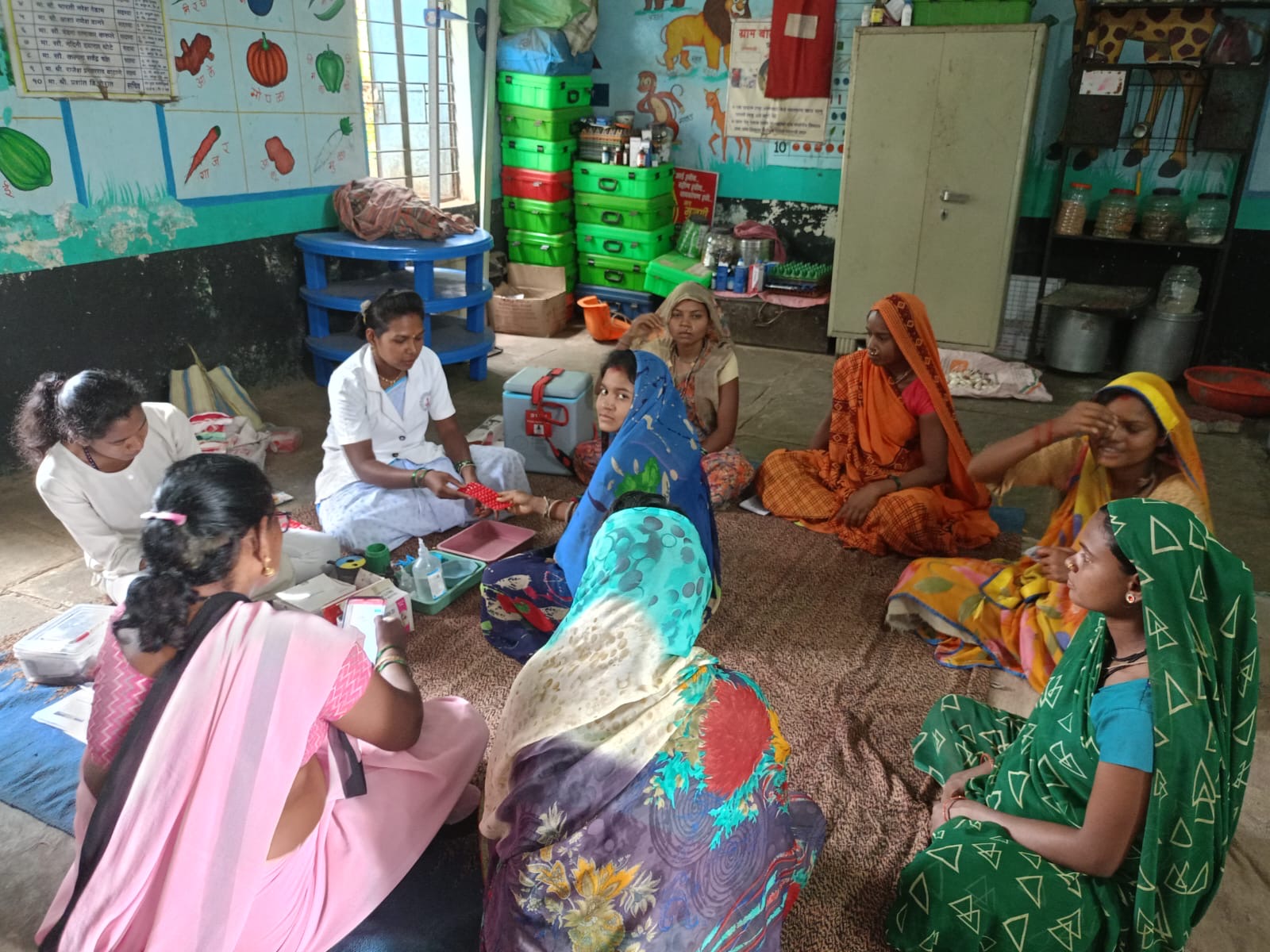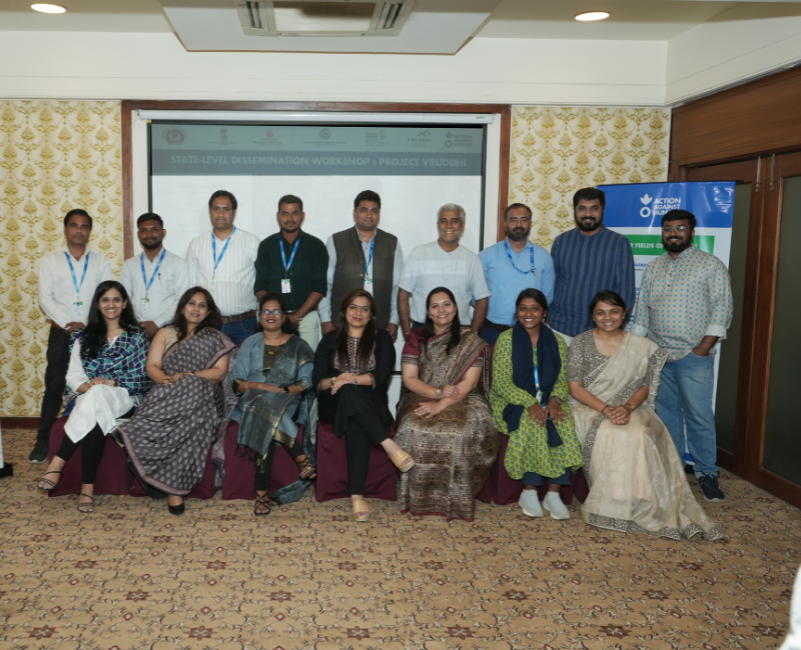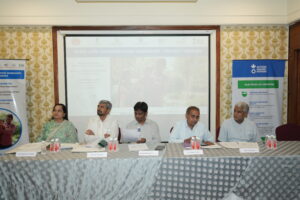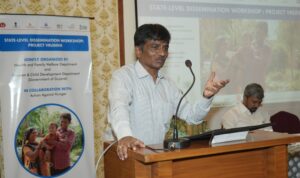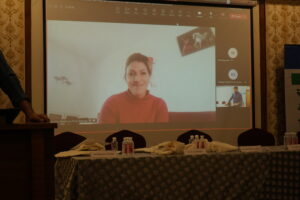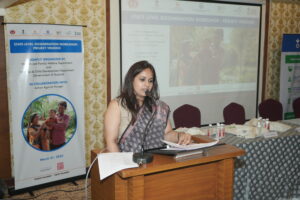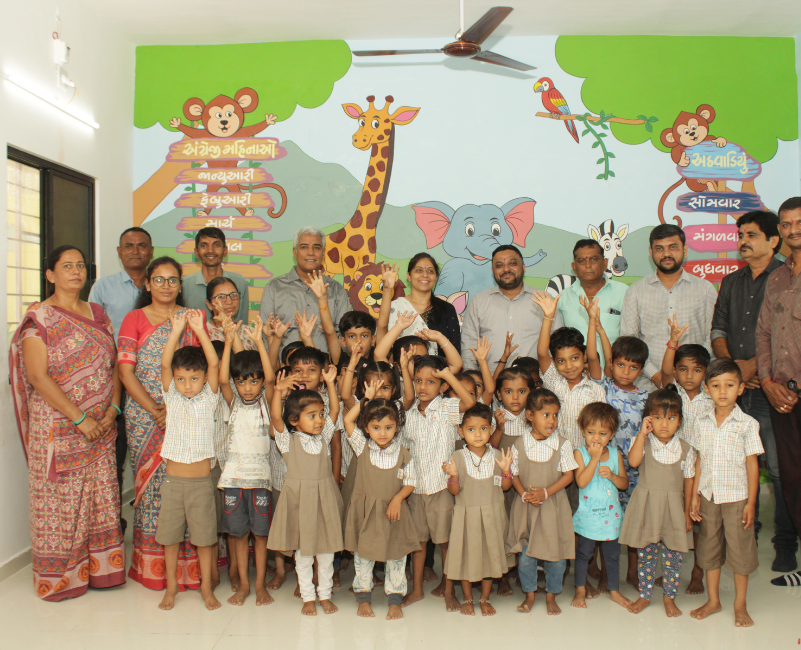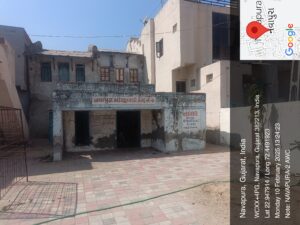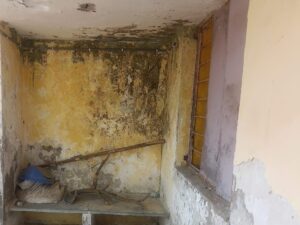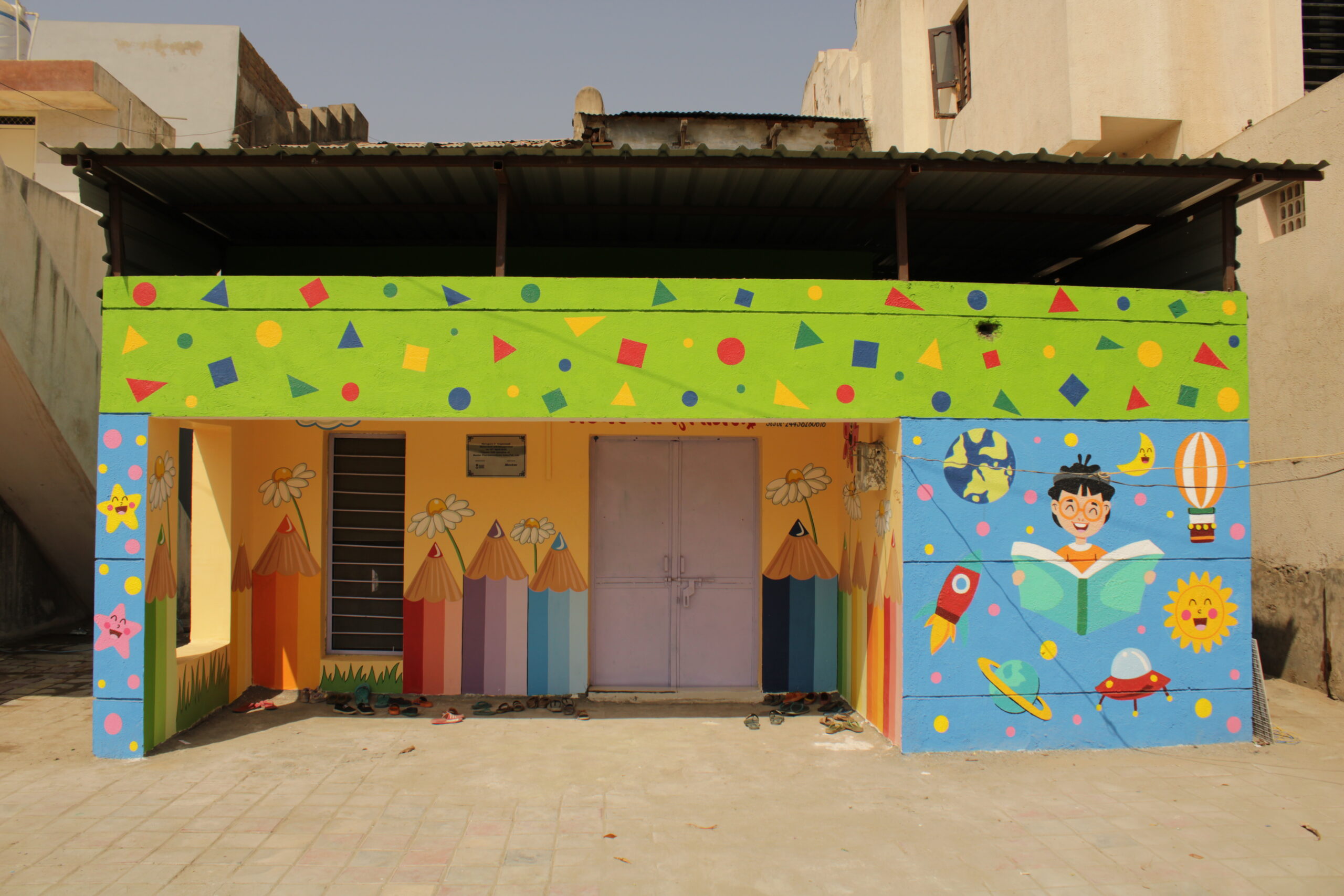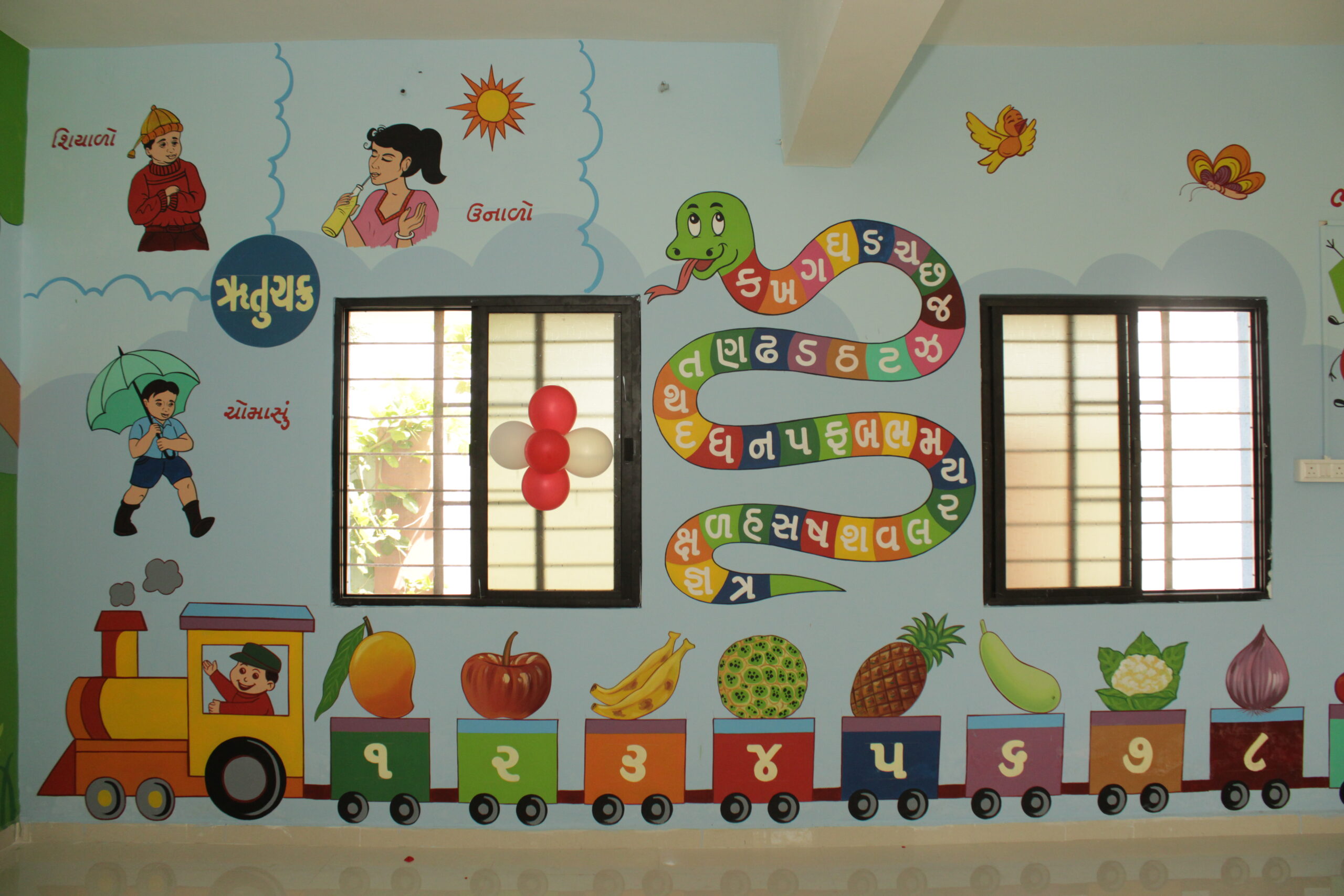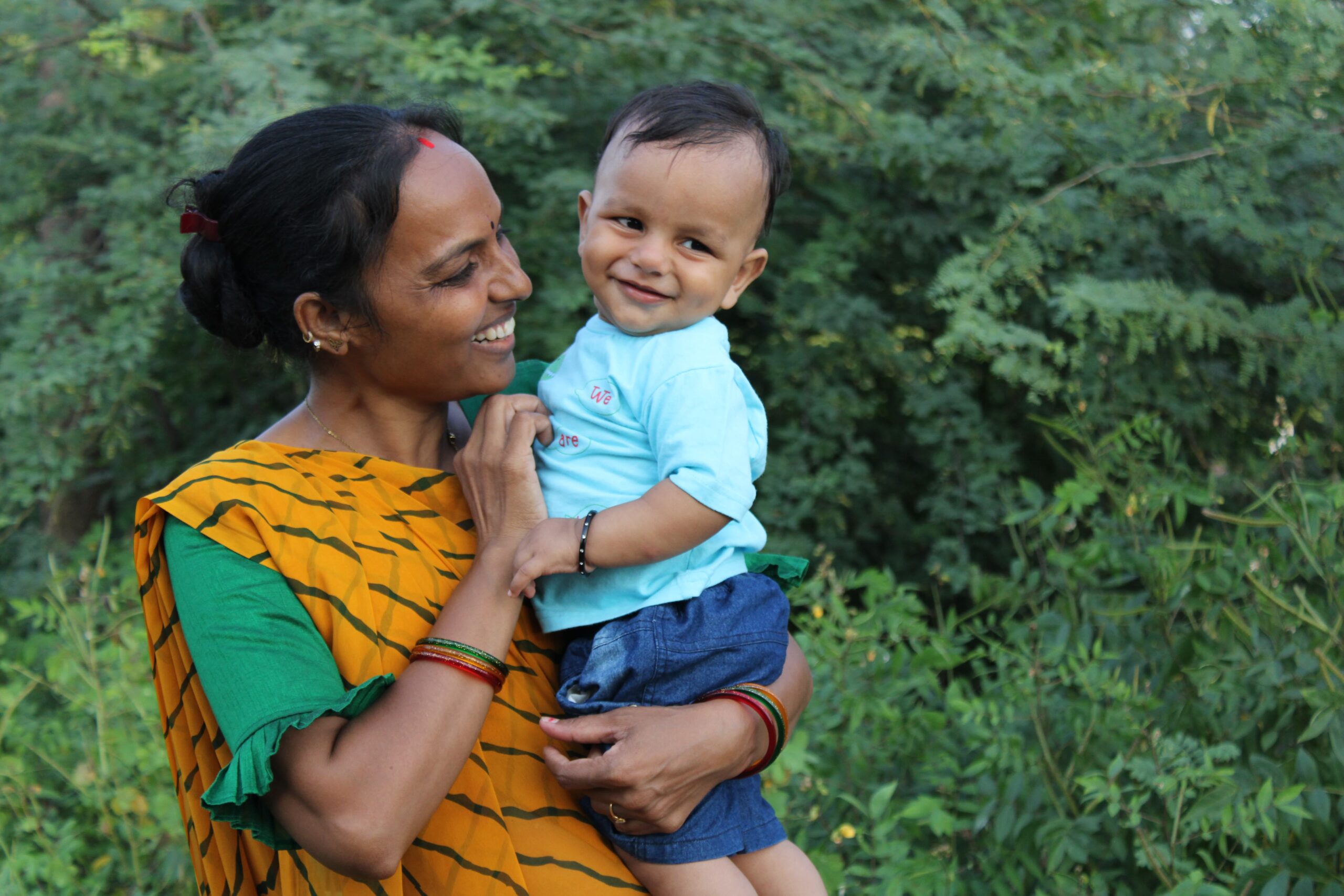A Three-Year Milestone in Newborn Care: 500 Babies Supported Through KMC
A Kangaroo Mother Care (KMC) Unit was established in March 2023 in collaboration of the Pediatrics Department of Dr. R. N. Cooper Hospital, Ville Parle (Mumbai). The unit provides care to stable low birth weight, preterm, and premature babies weighing below 2.5 kg, referred from the Neonatal ICU in the hospital.
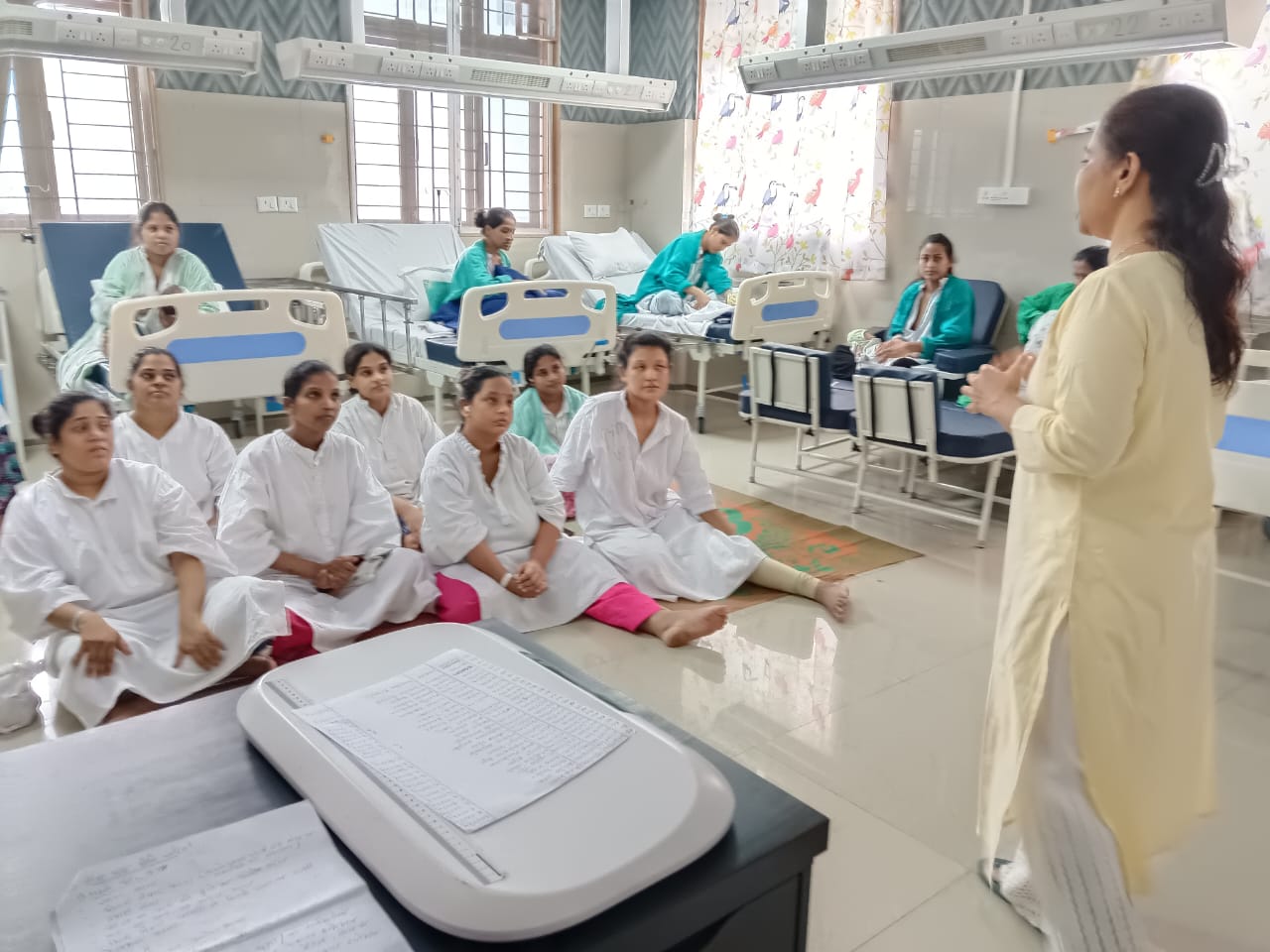
From April 2023 to December 2025, a meaningful and impactful initiative of KMC unit has successfully cared for and discharged over 500 babies. Mothers stay with their babies in the unit and receive structured training on KMC positioning, breastfeeding techniques, feeding holds, hygiene practices, recognition of danger signs, basic newborn care and postnatal care.
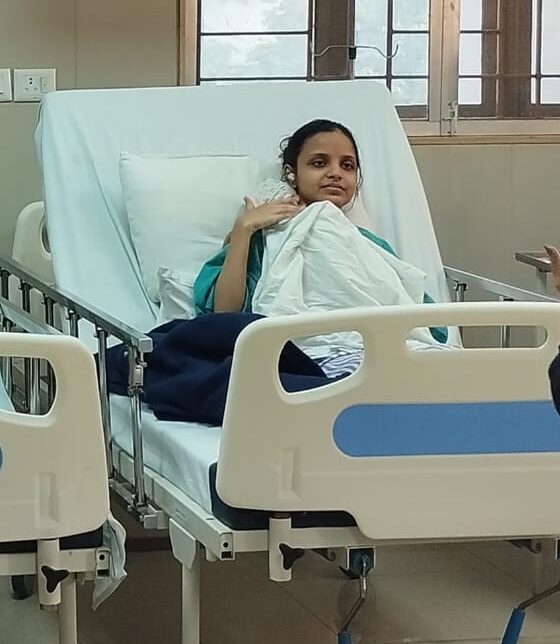
Kangaroo Mother Care is a proven, evidence-based, low-cost intervention that significantly improves survival, growth, and developmental outcomes of preterm and low-birth-weight infants. Continuous skin-to-skin contact helps maintain thermal stability, improves breastfeeding rates, enhances weight gain, reduces the risk of infections and promotes early bonding between mother and child. KMC has also been shown to decrease episodes of apnea, hypothermia and hospital readmissions, leading to better overall neonatal outcomes.
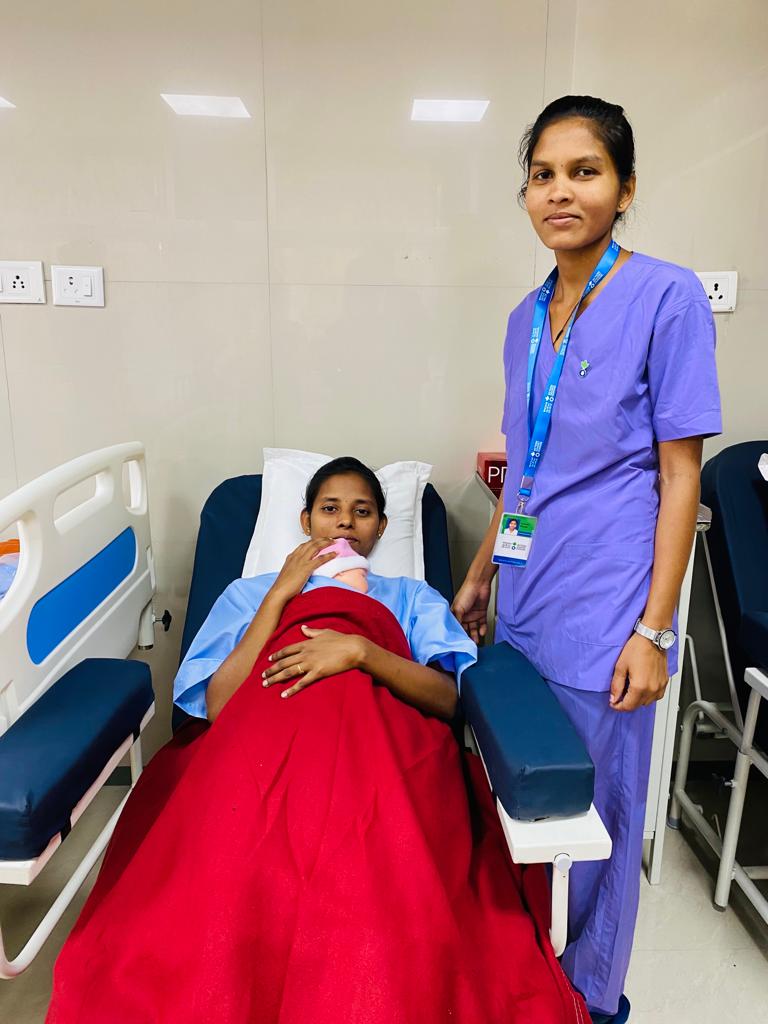
On average, babies spend 9.5 days in the KMC unit, with a mean daily KMC duration of 4 hours 50 minutes. During their stay, babies demonstrated a consistent average daily weight gain of 17.9 grams, with an overall average weight gain of 110.4 grams, indicating positive growth and recovery. Post-discharge, mothers are supported through telephonic follow-up for one month to encourage continuation of KMC and breastfeeding at home. Mothers reporting concerns such as fever or loose motions are promptly advised to seek medical care.
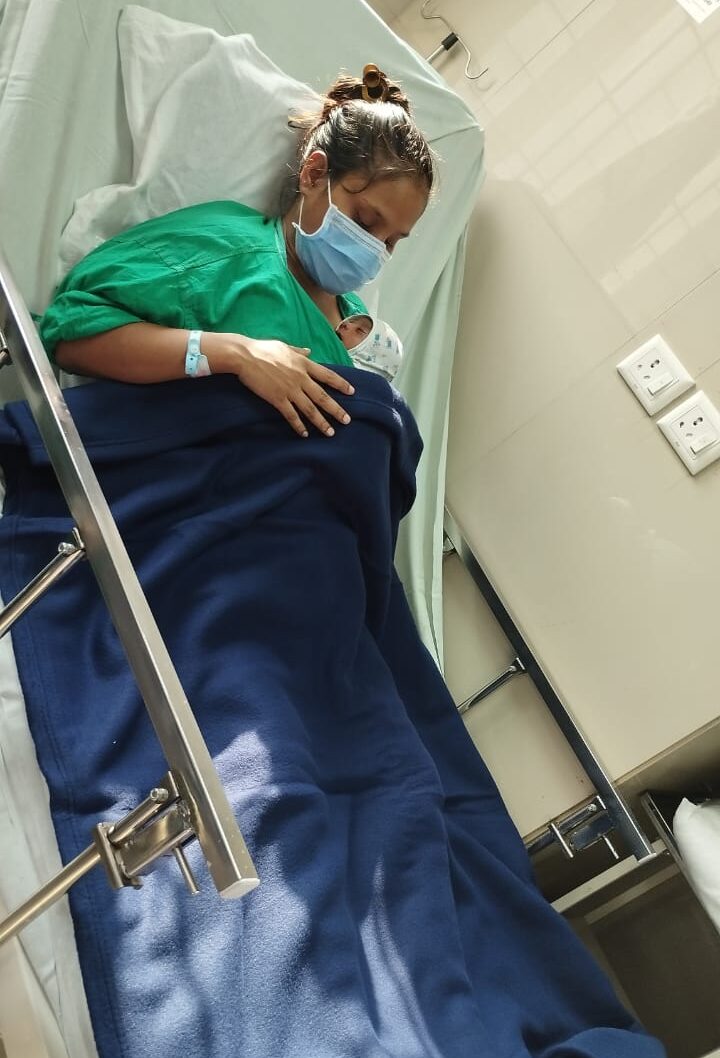
Importantly, KMC is a low-cost, low-technology and sustainable intervention, making it highly suitable for resource-constrained settings. It reduces the need for incubators; prolonged NICU stays and expensive medical interventions while empowering mothers to actively participate in their baby’s care. By promoting exclusive breastfeeding and early discharge with continued follow-up, KMC reduces healthcare costs for both families and health systems, while ensuring quality newborn care.
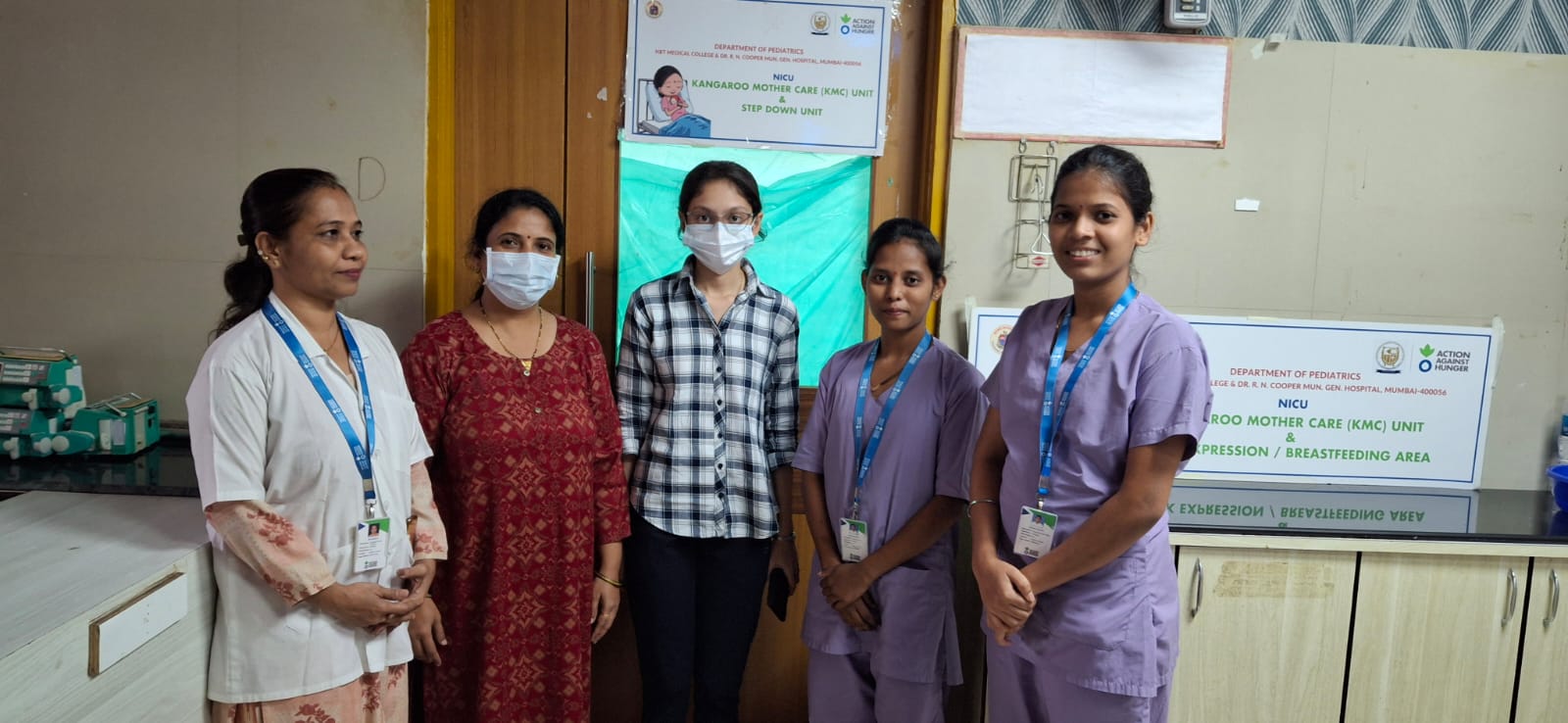
Beyond clinical benefits, KMC strengthens mother–infant bonding, improves maternal confidence and mental well-being, and empowers families to actively participate in newborn care. It also helps in enhancing the health, growth, and survival of preterm and low-birth-weight infants.
